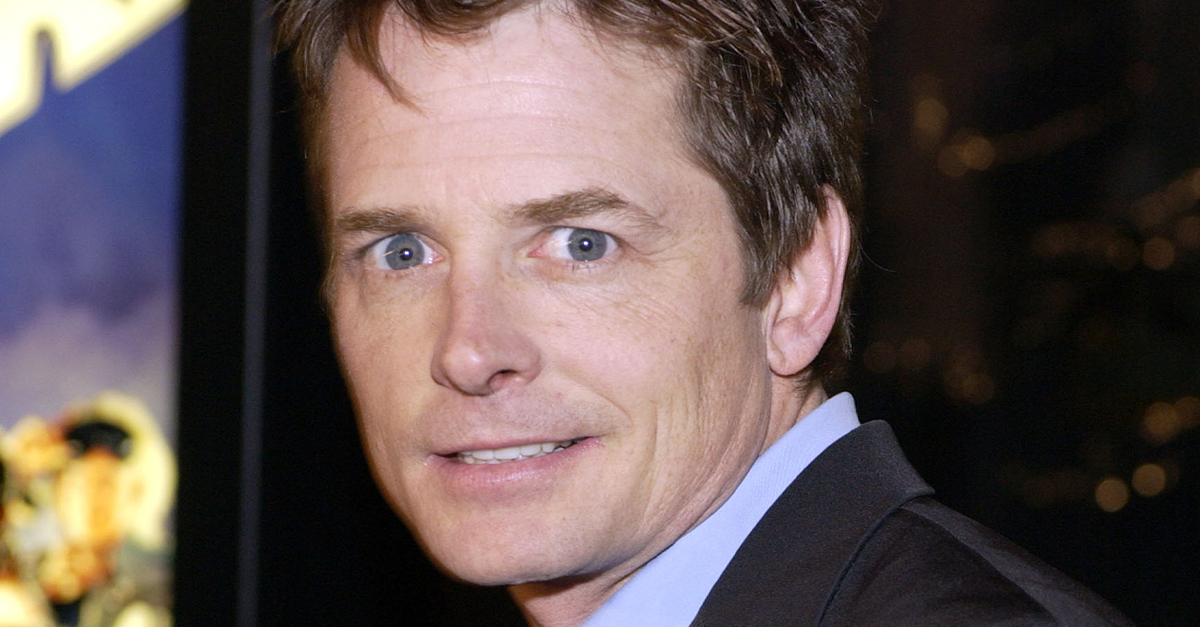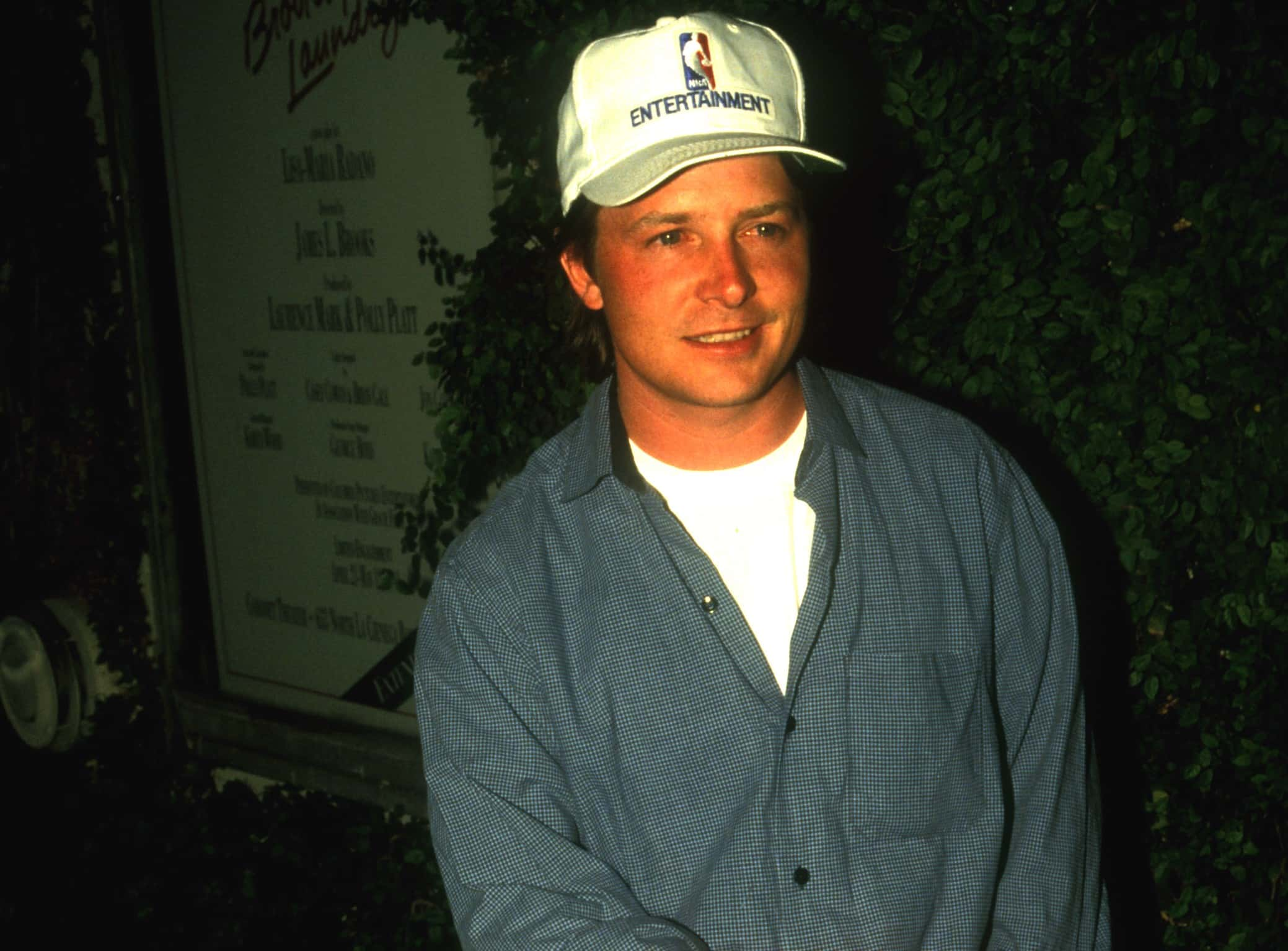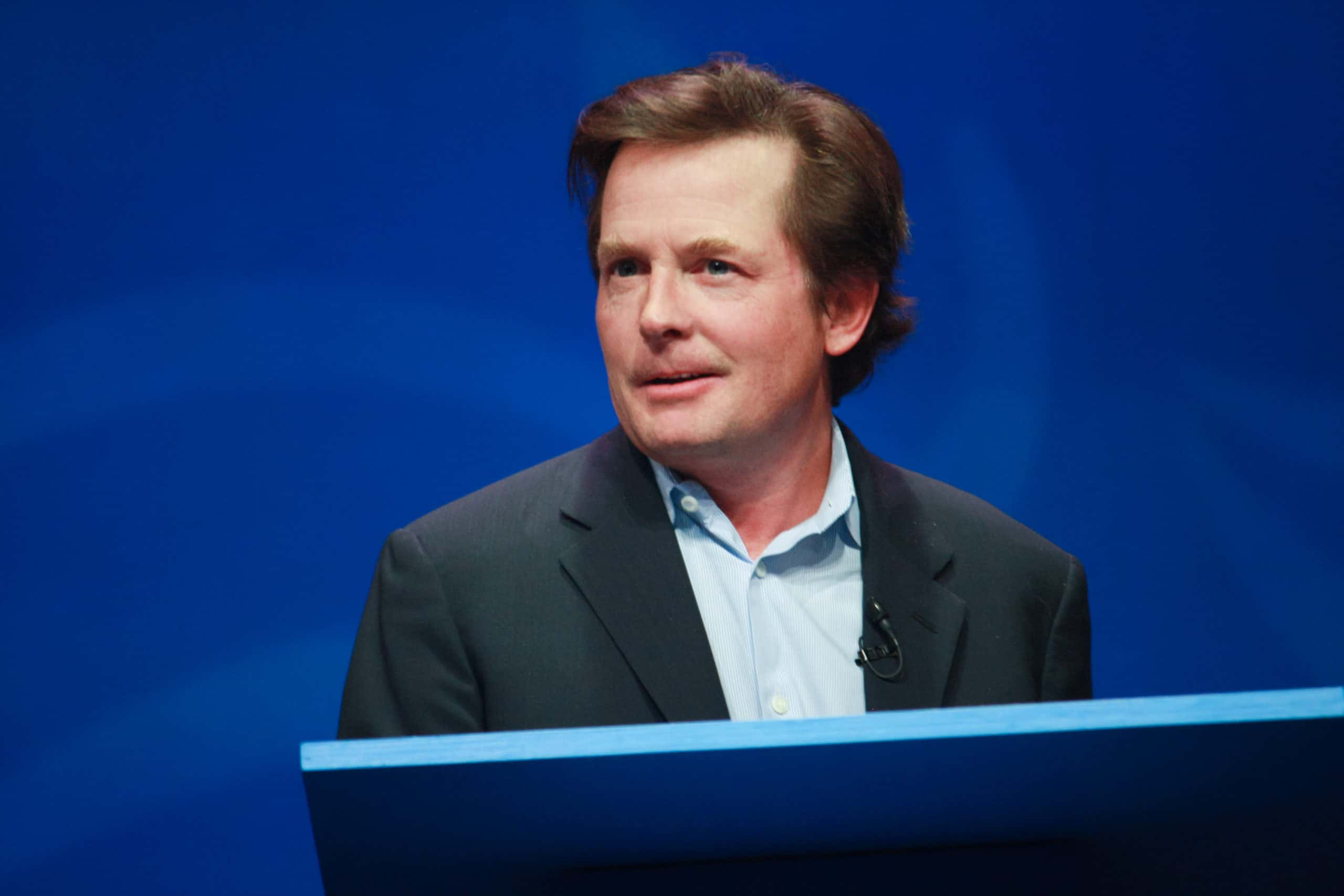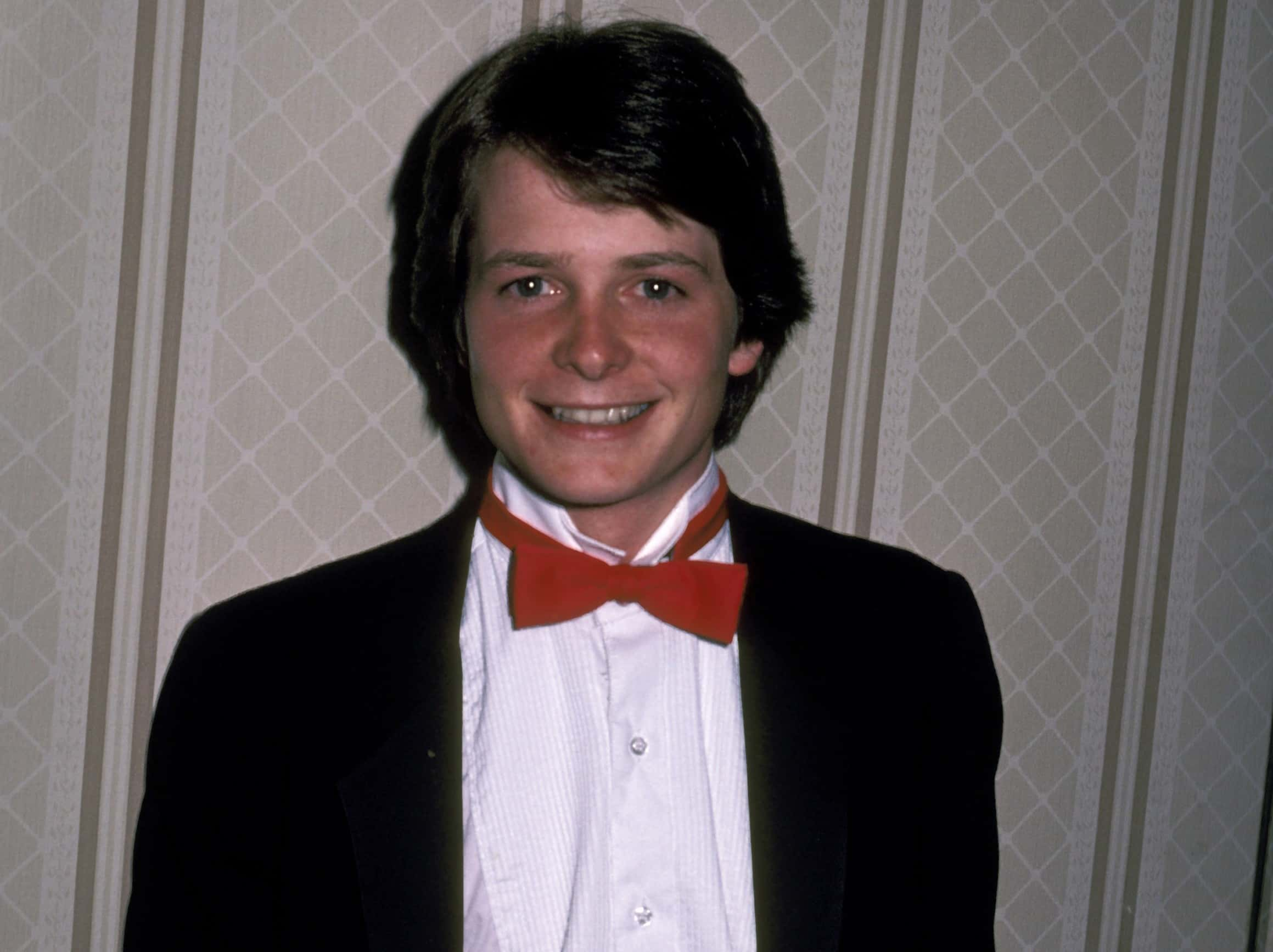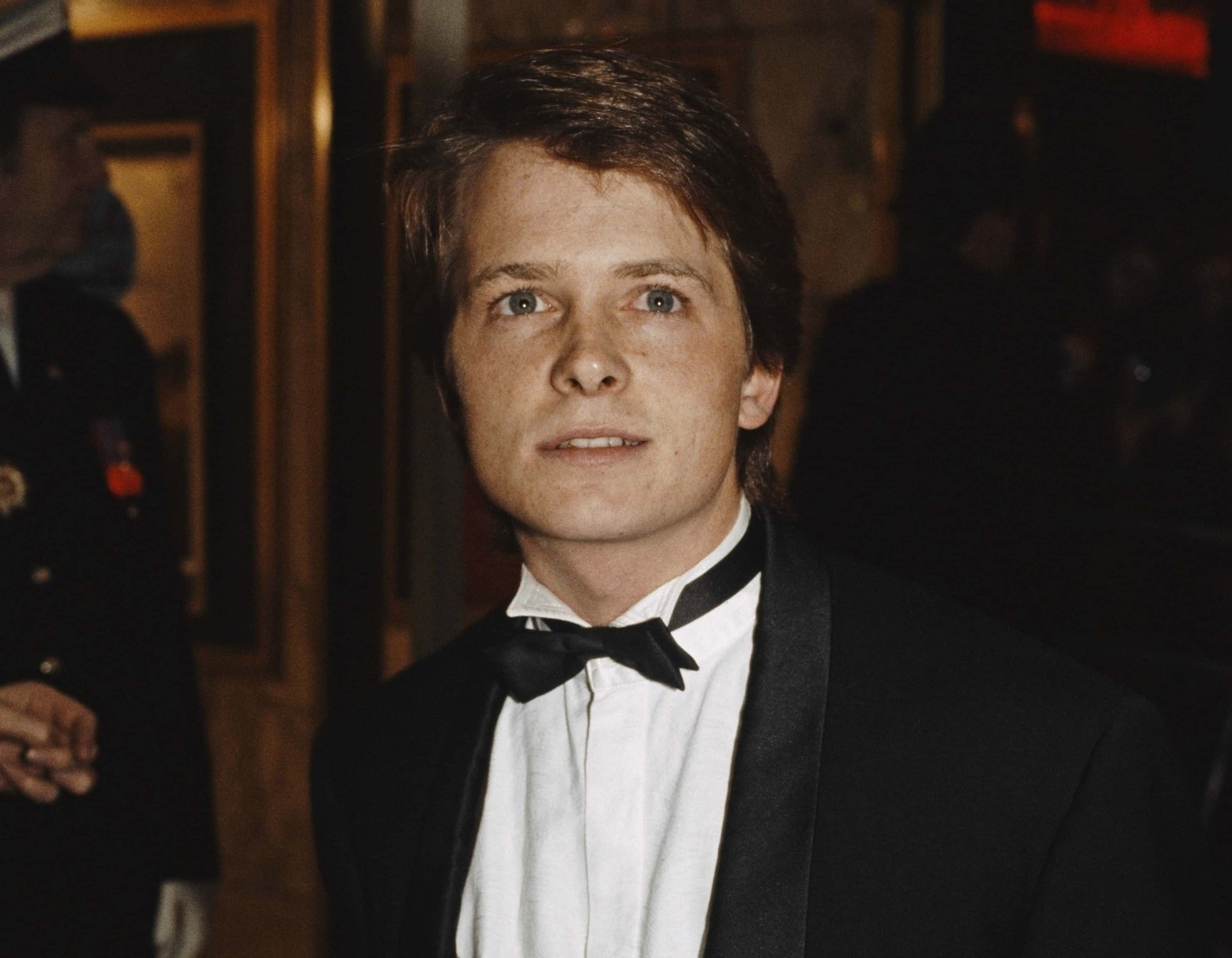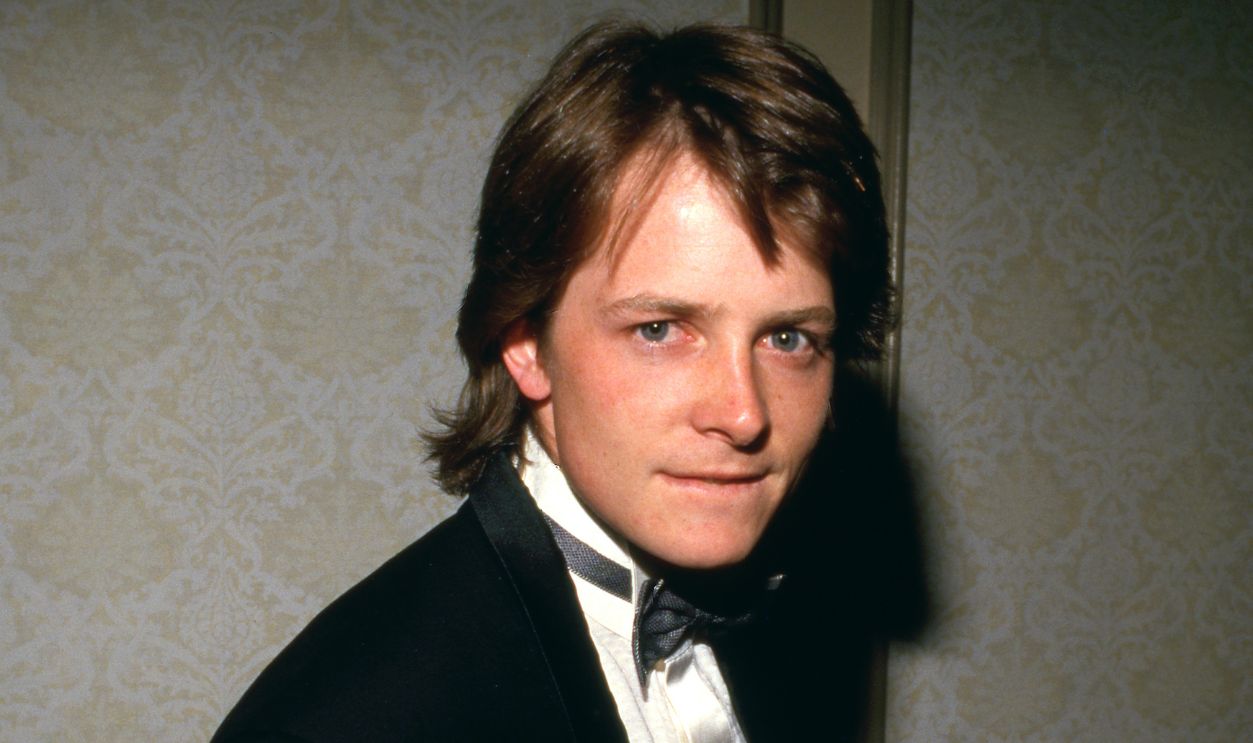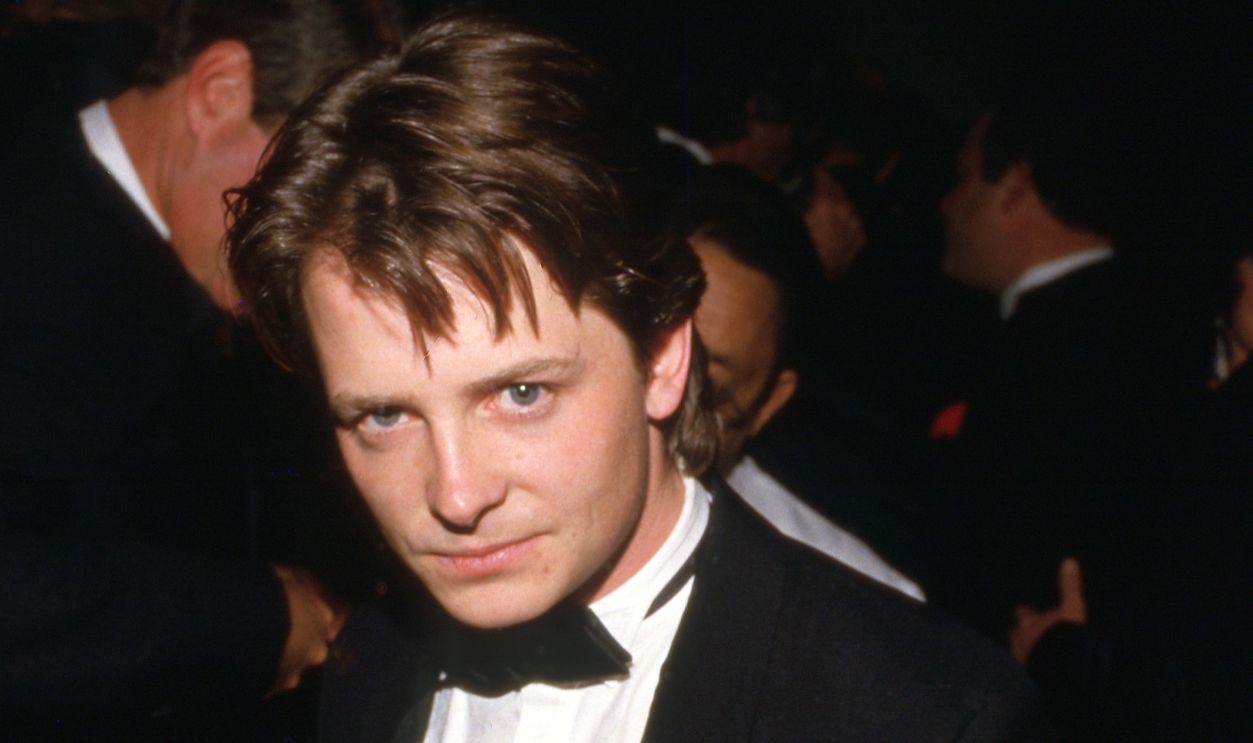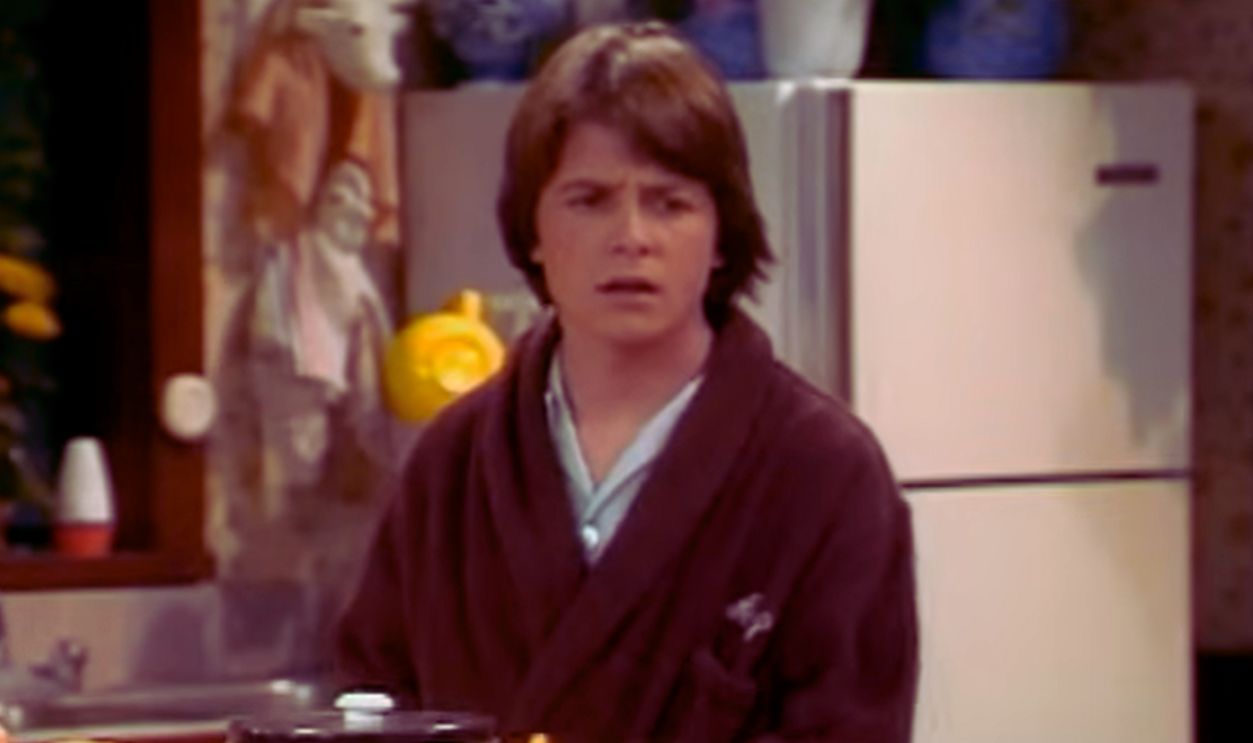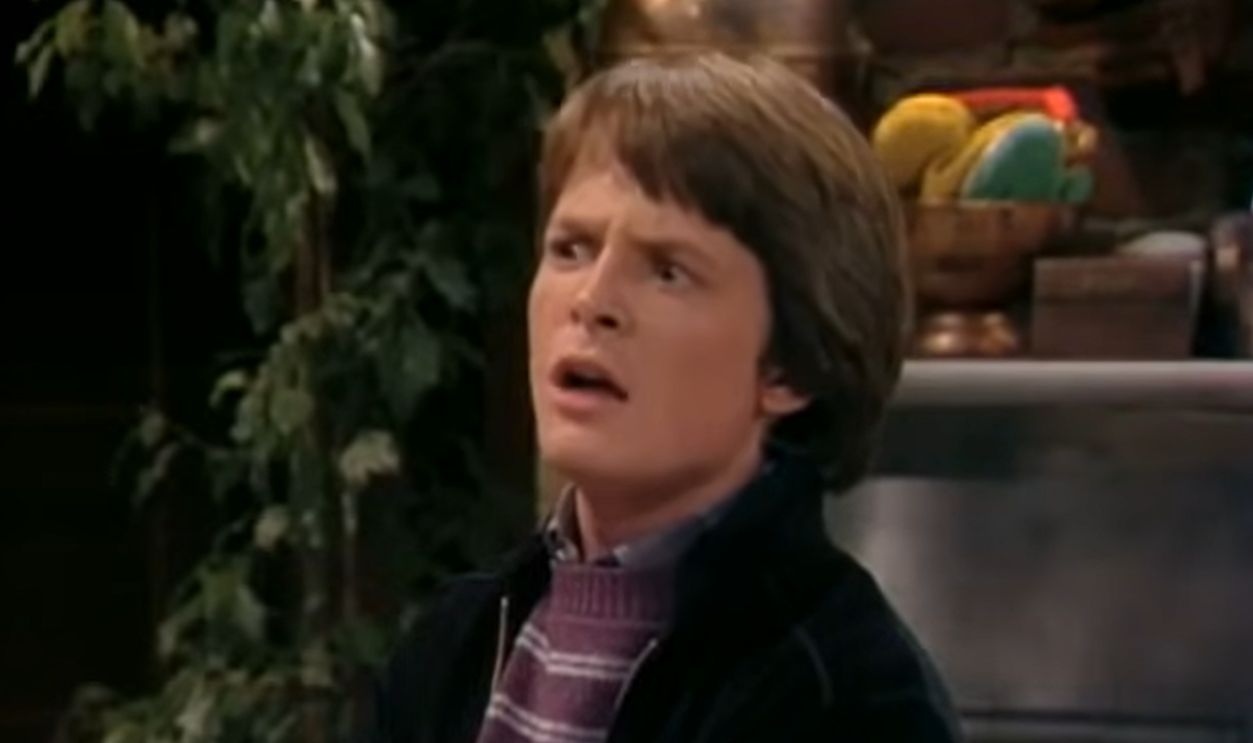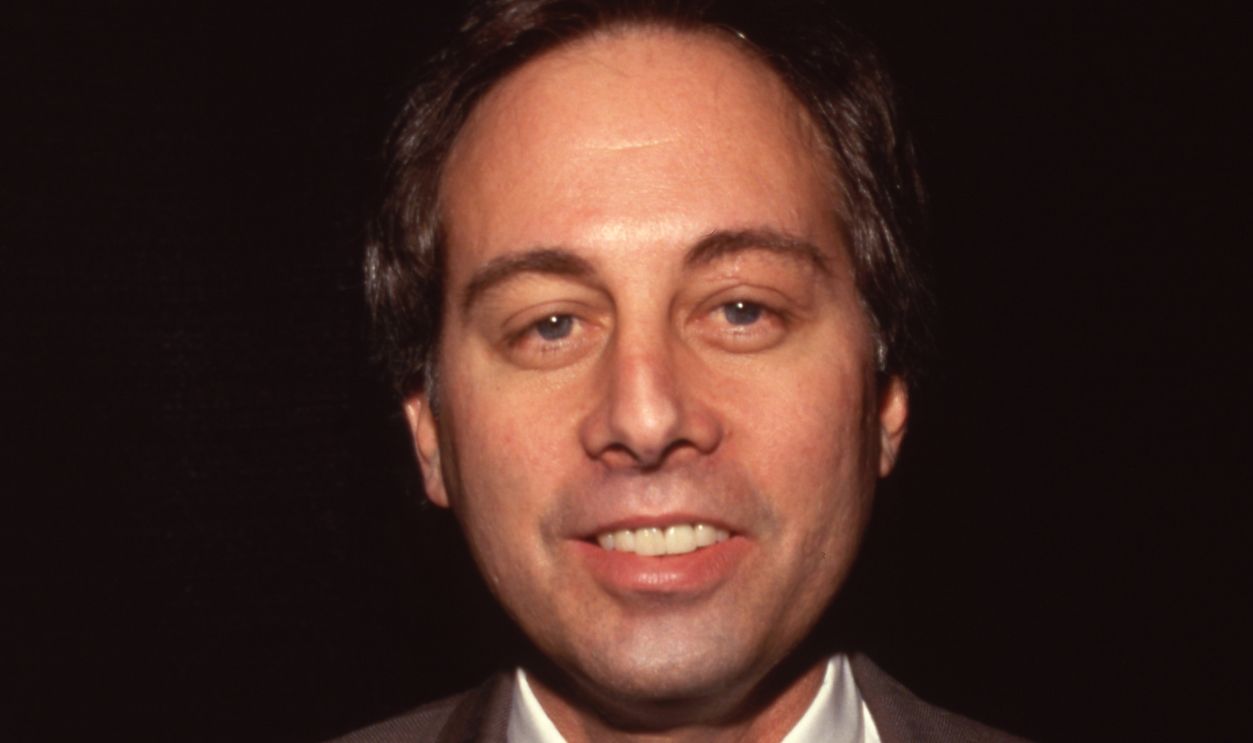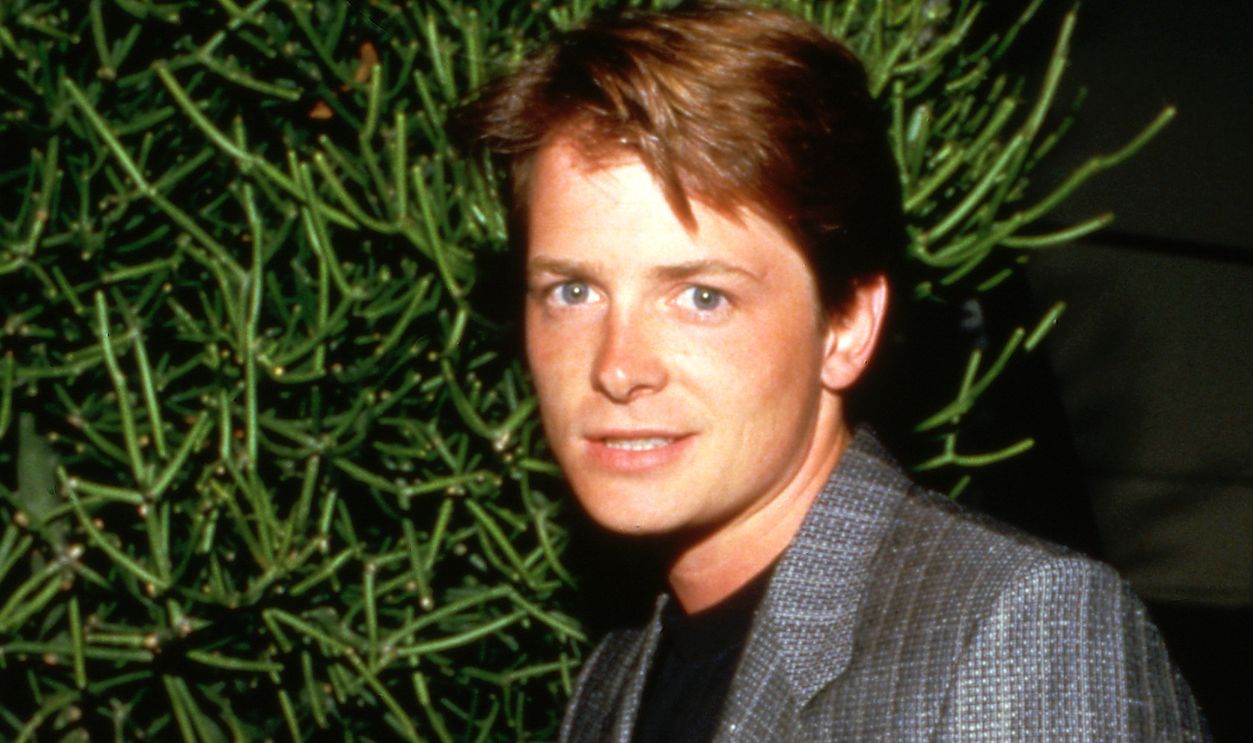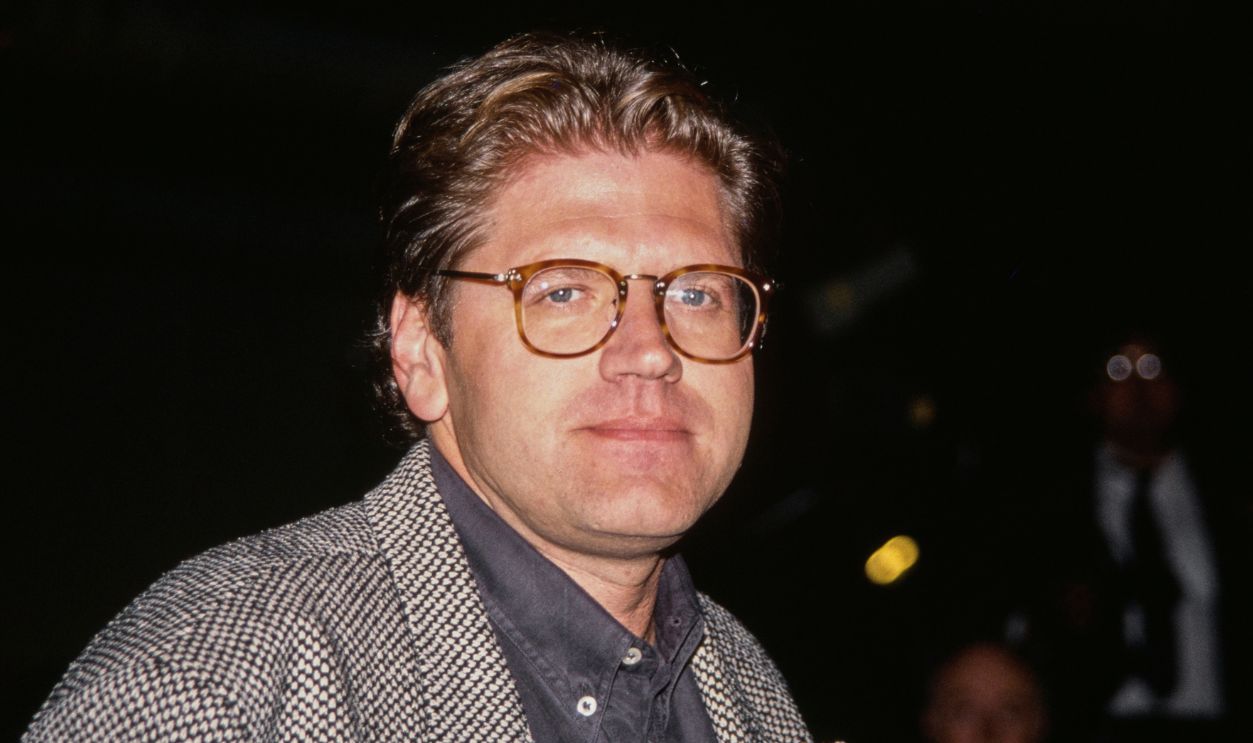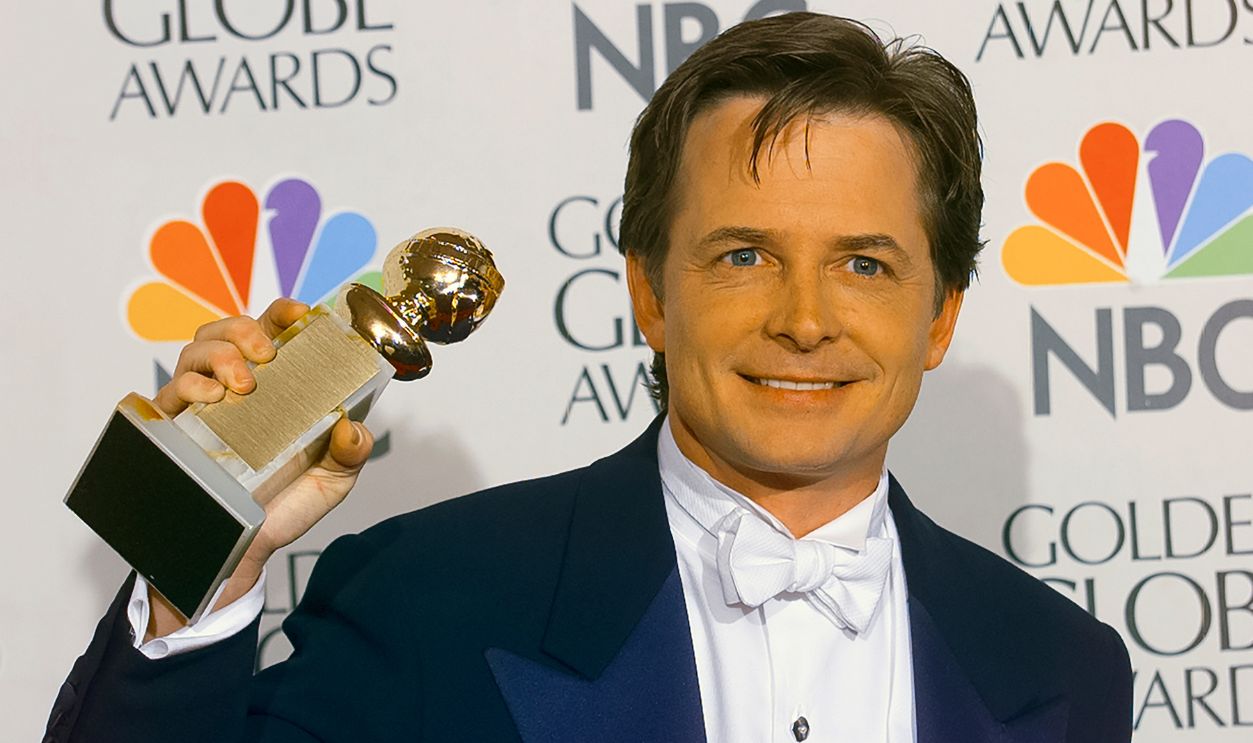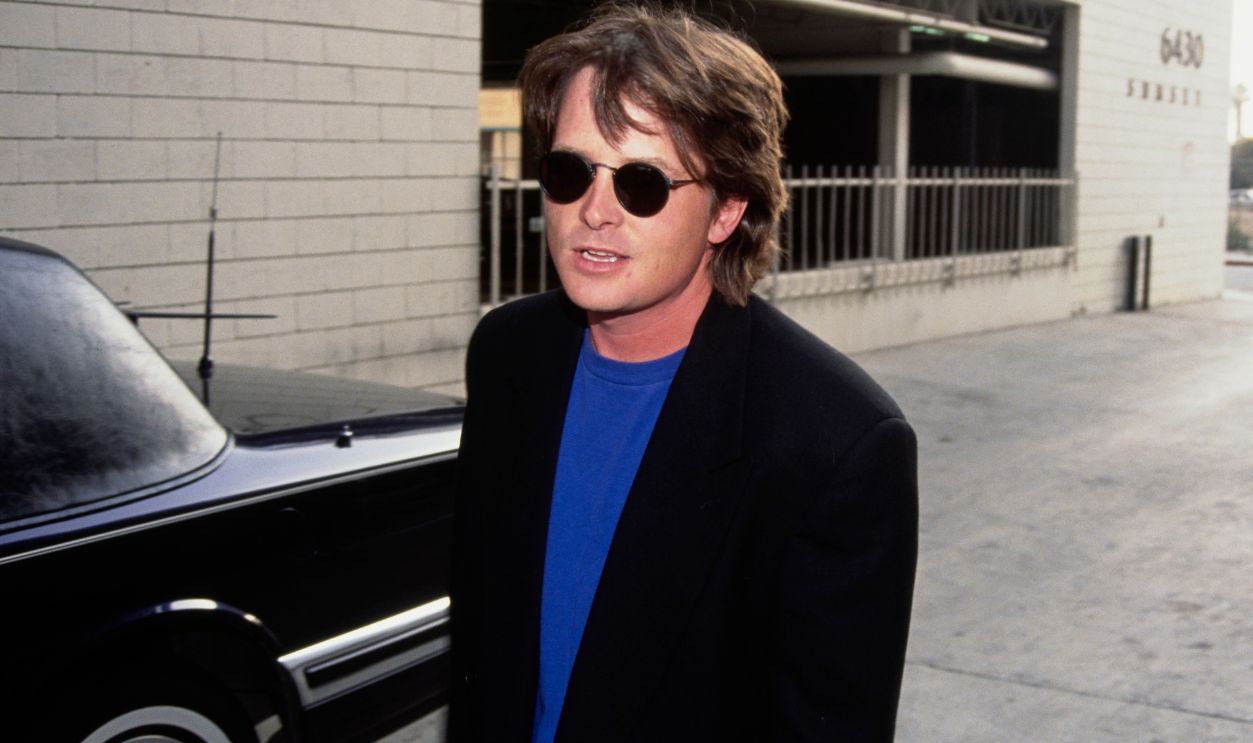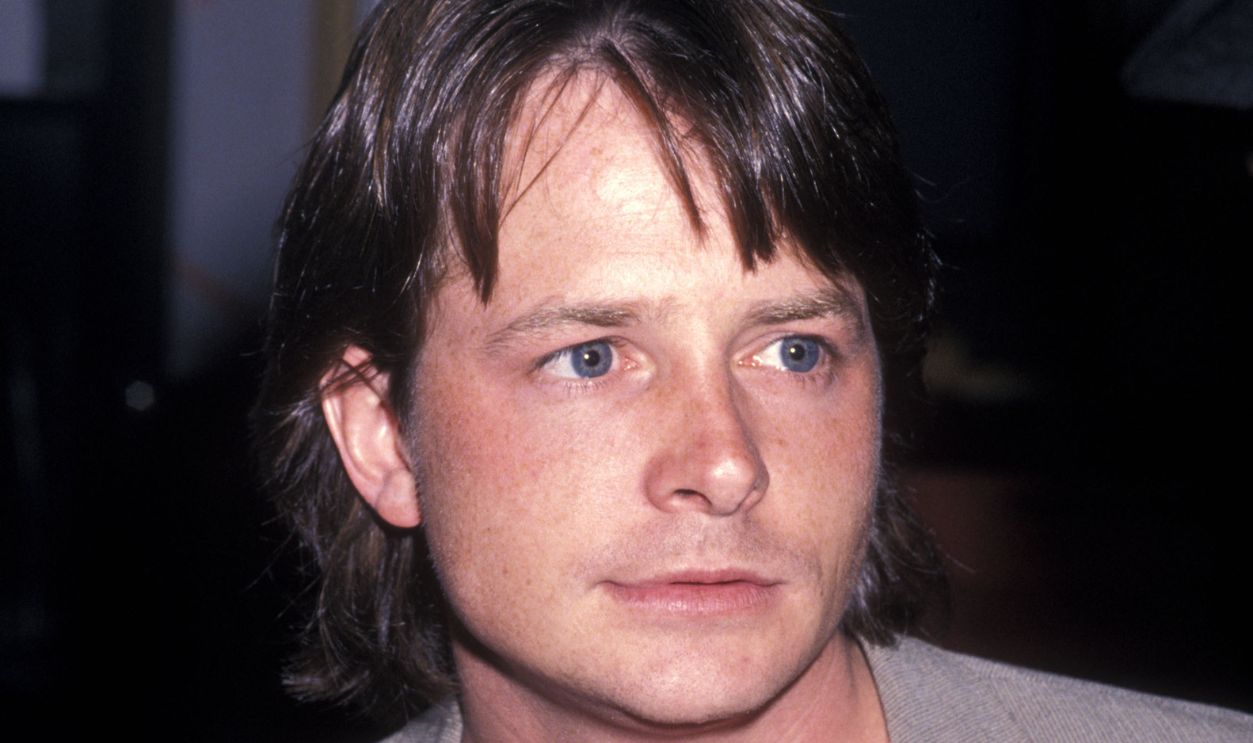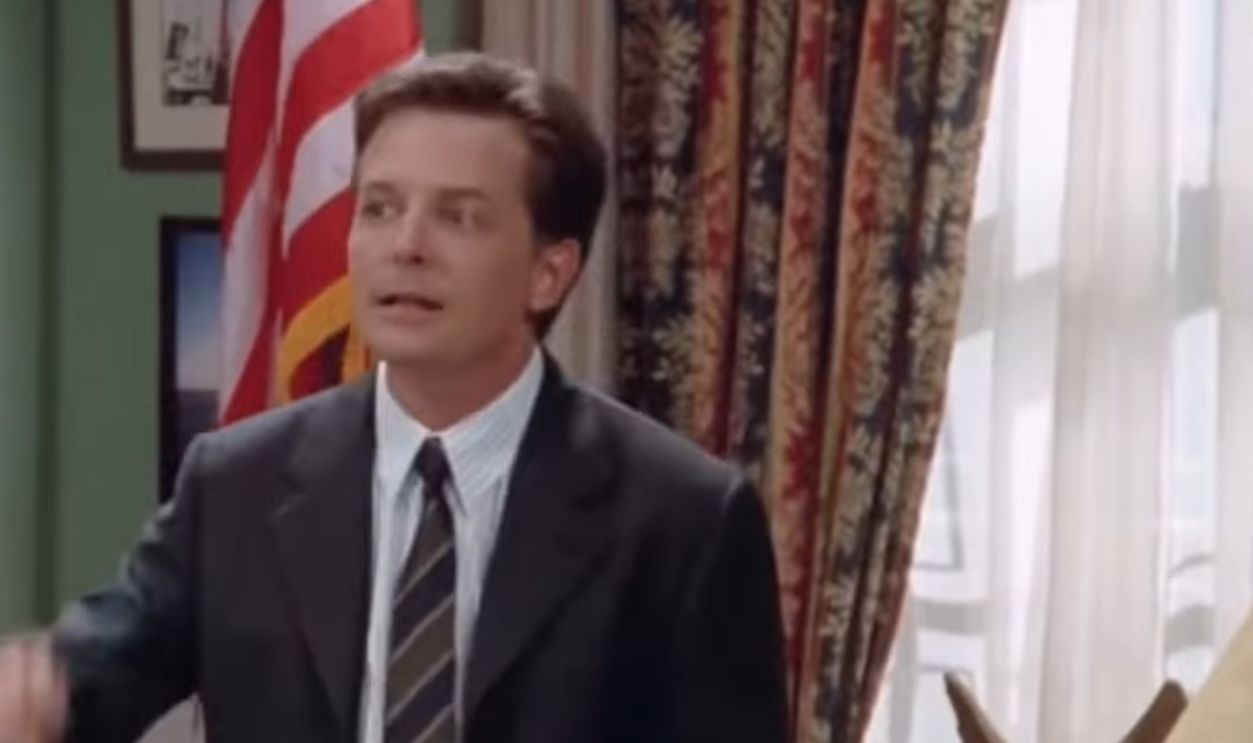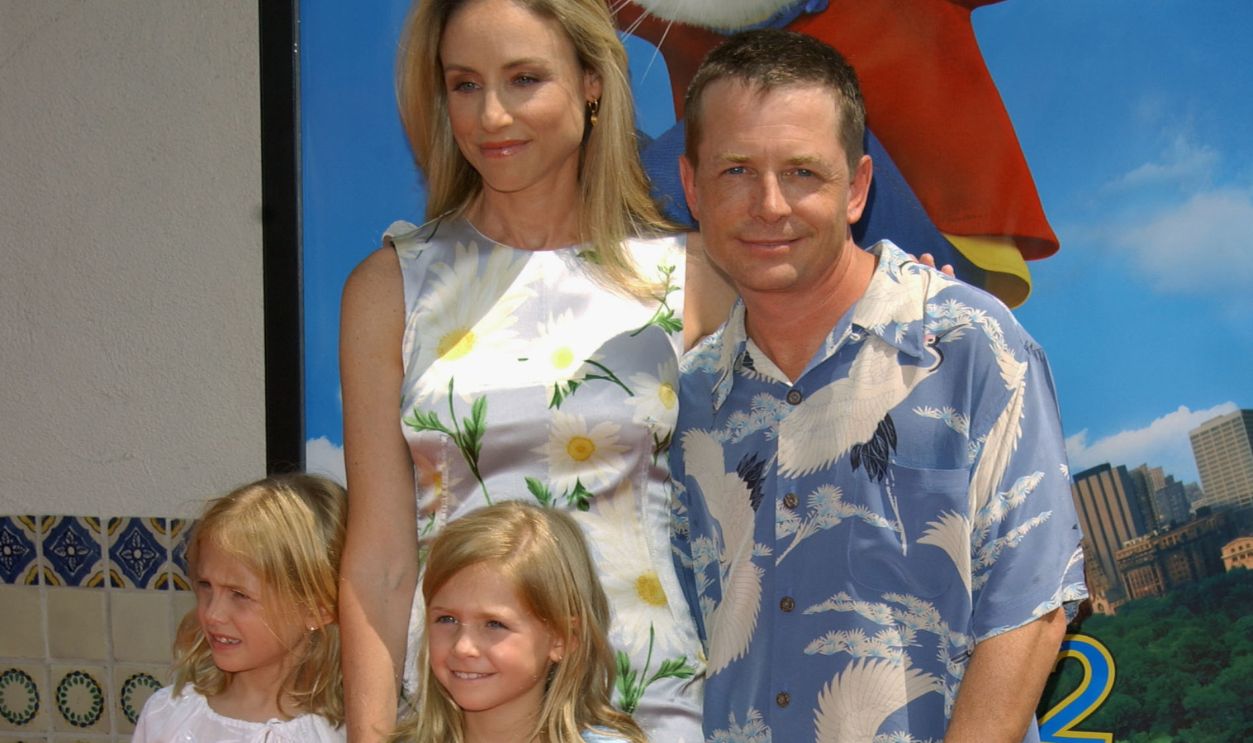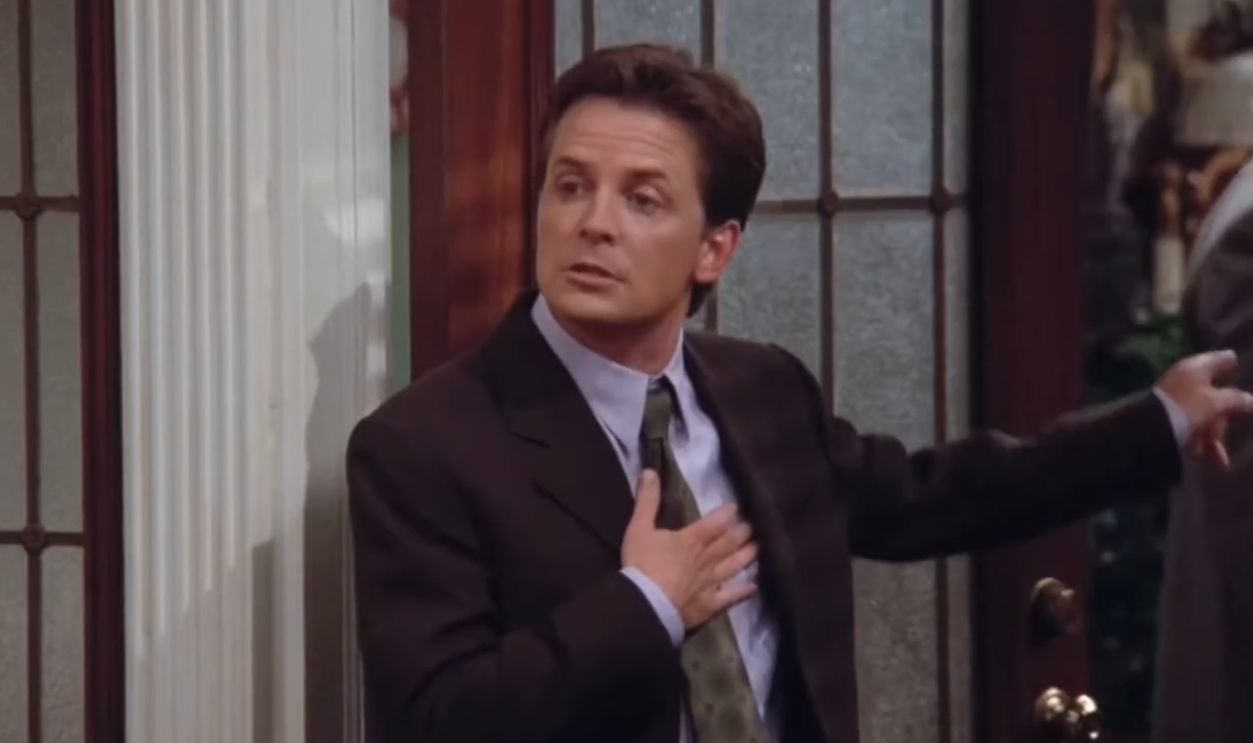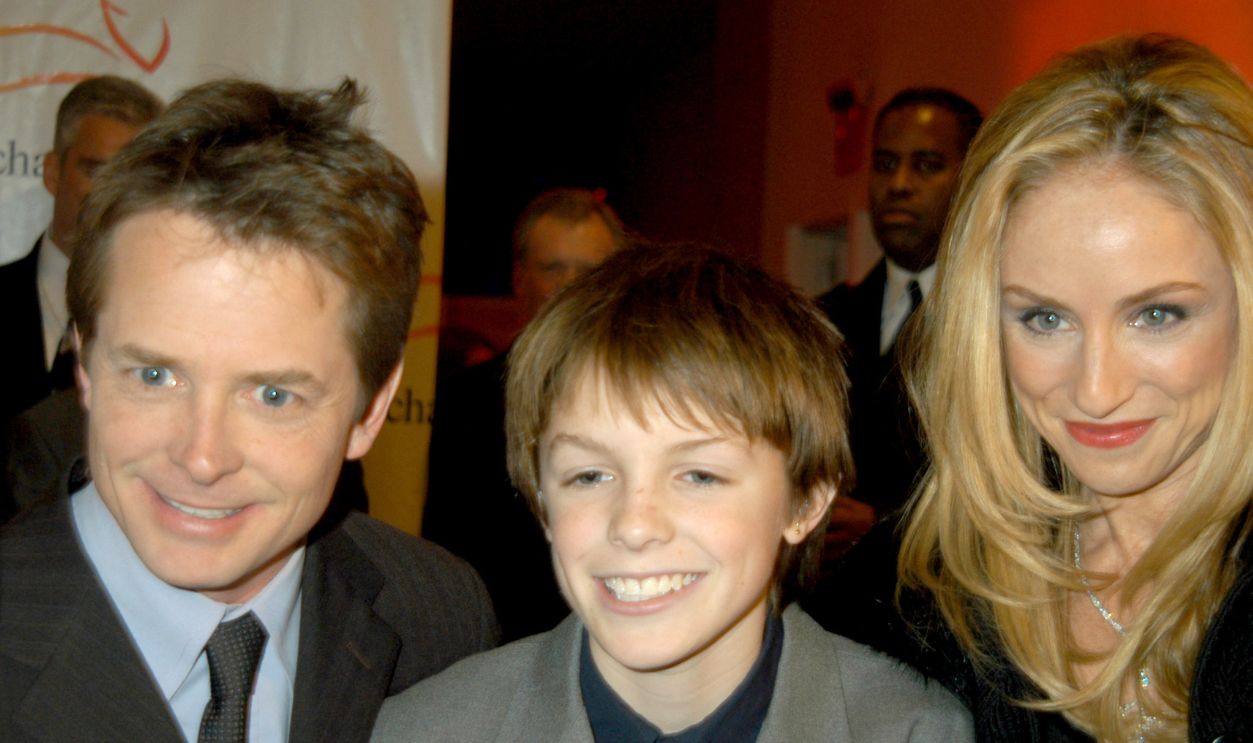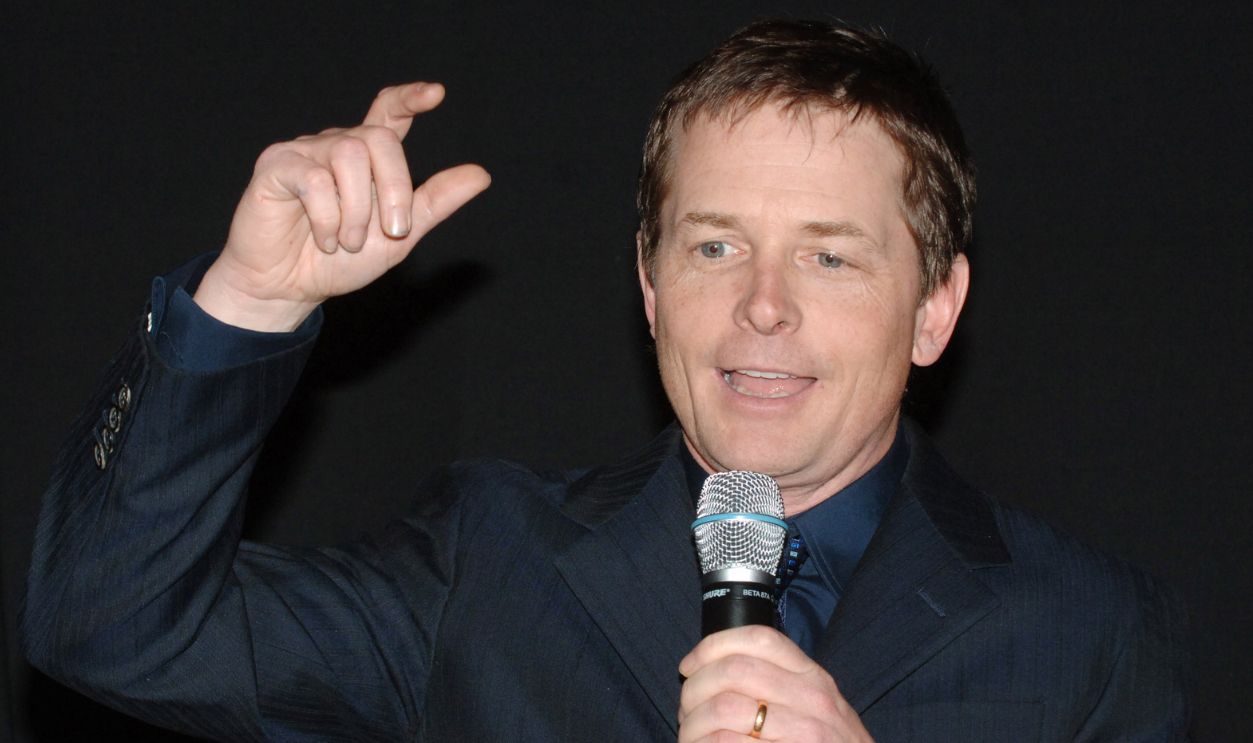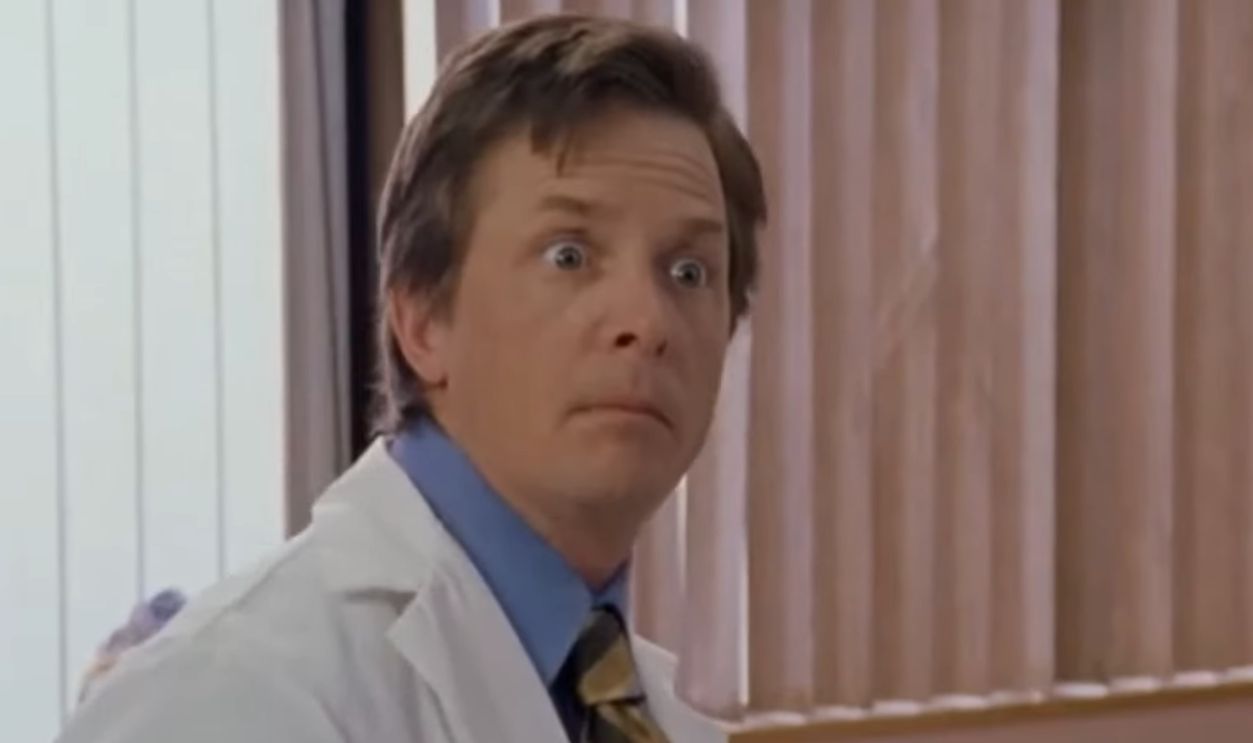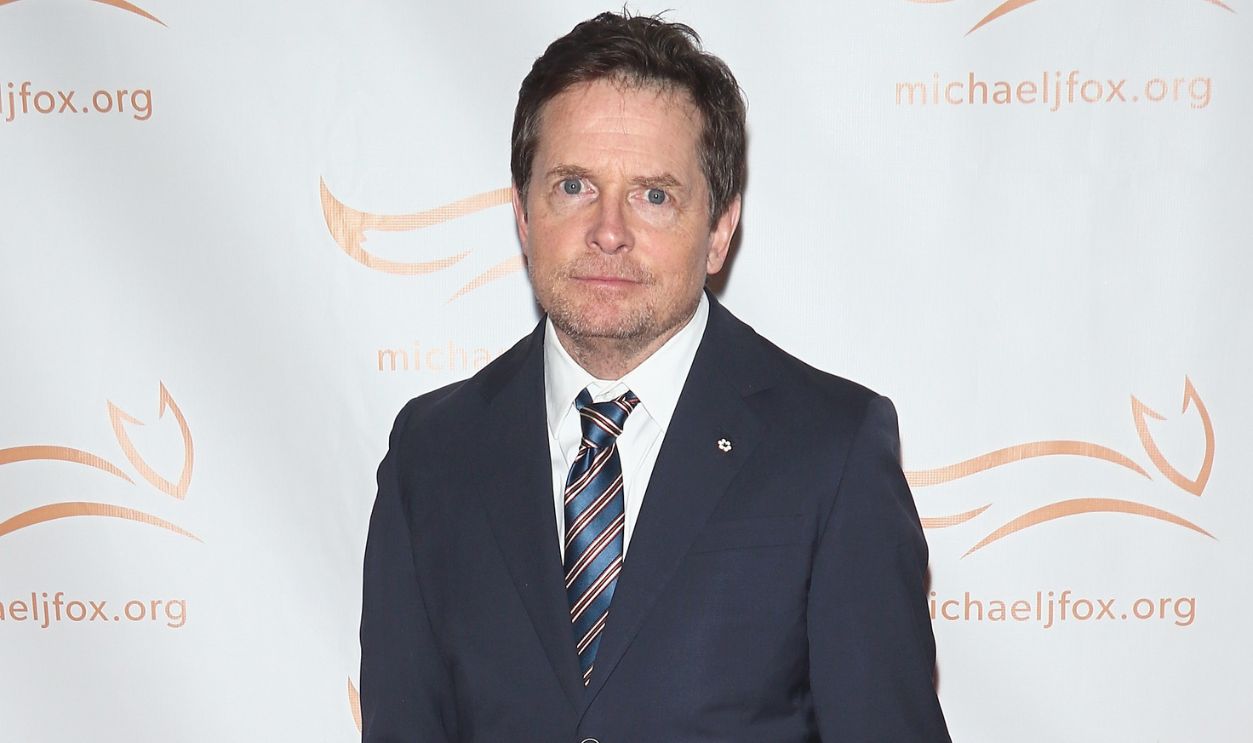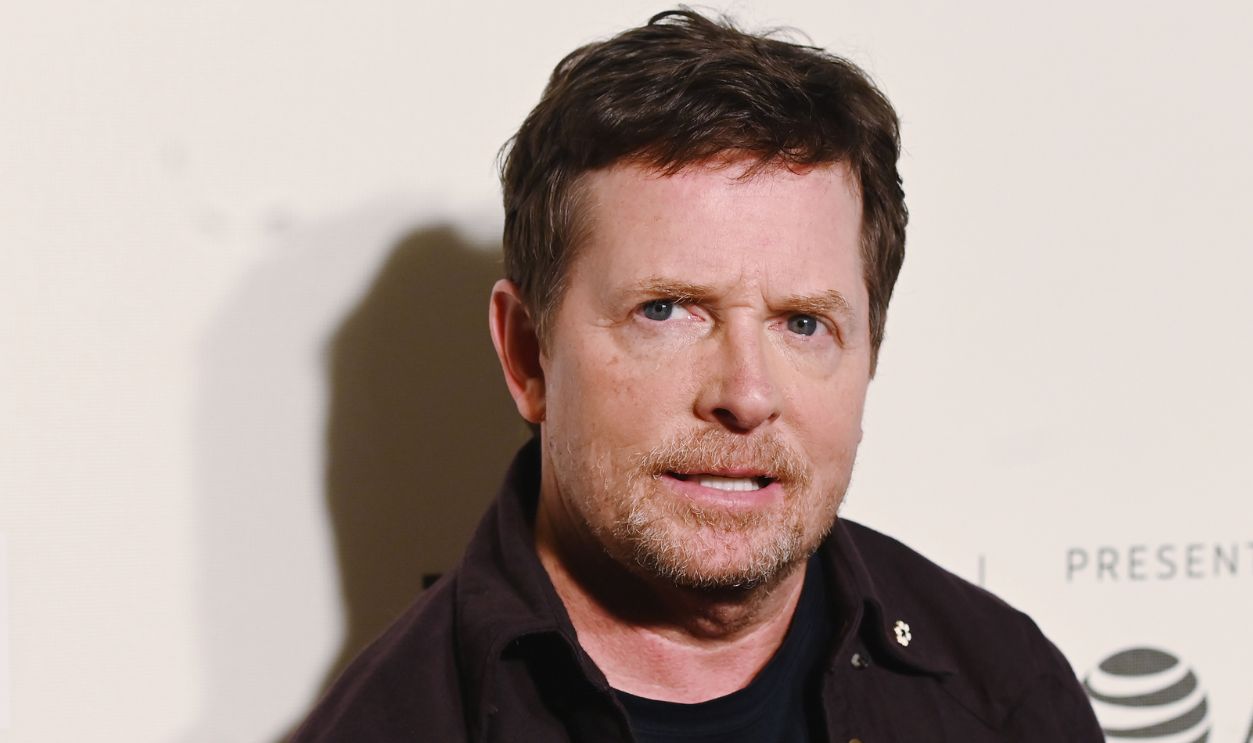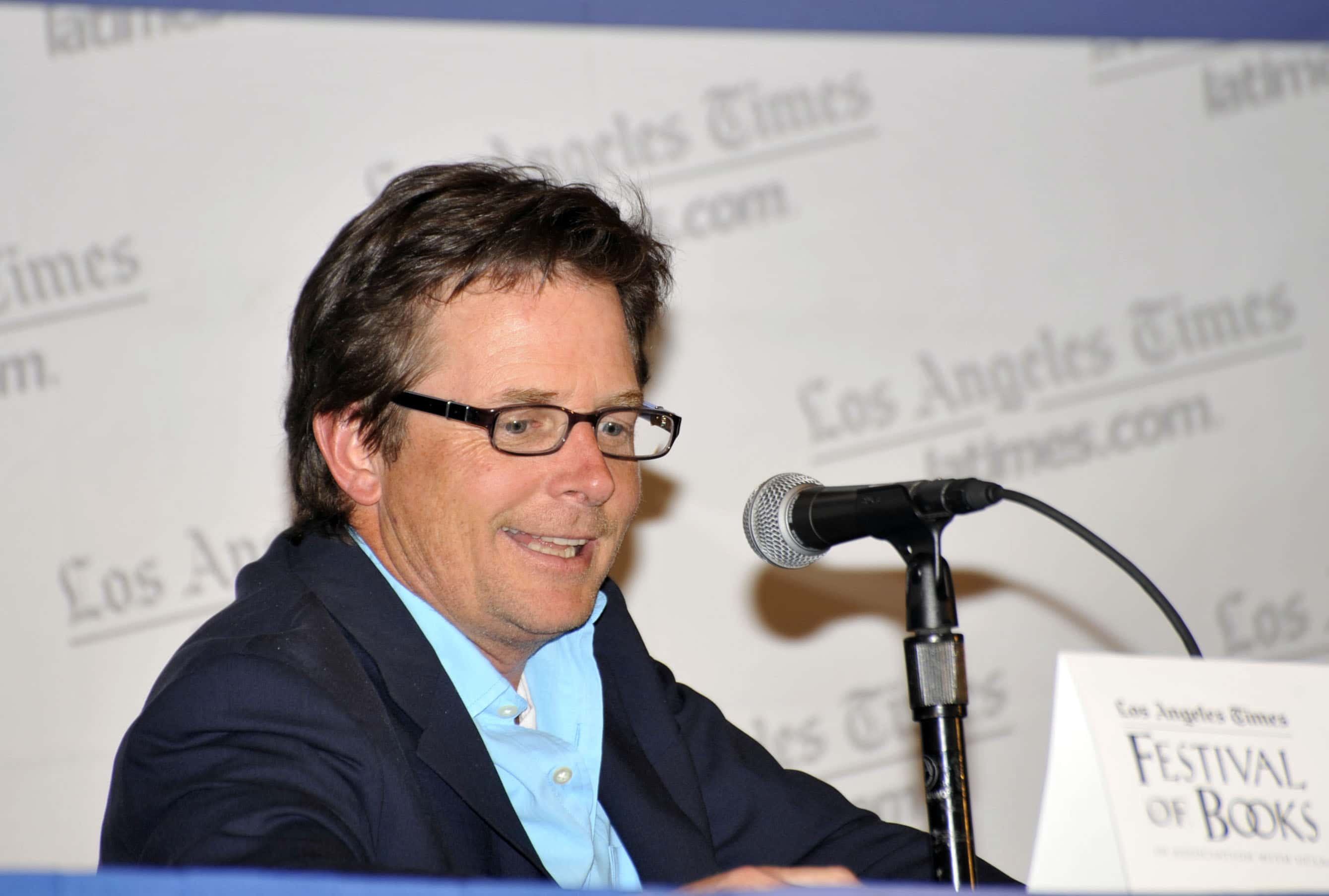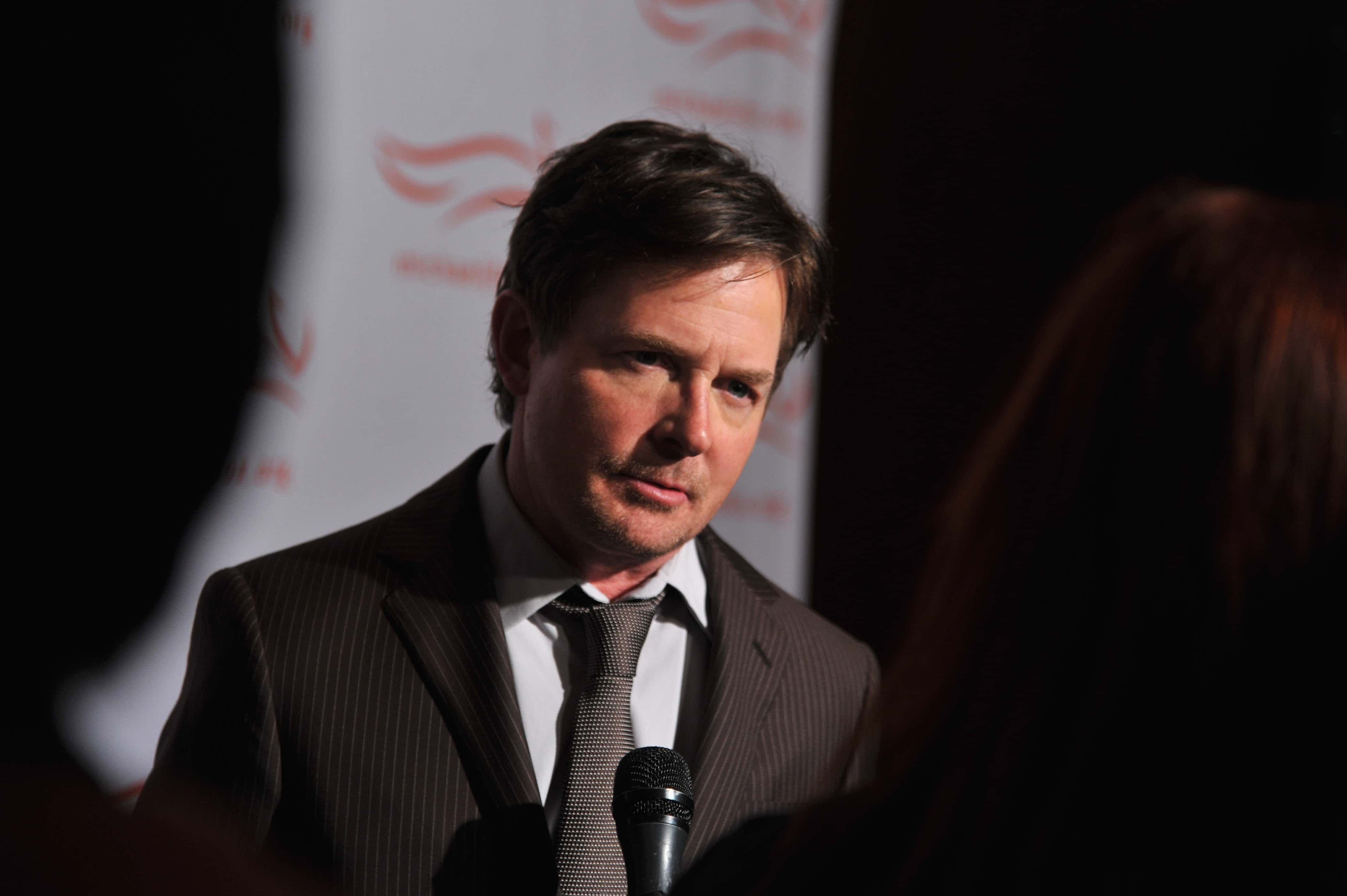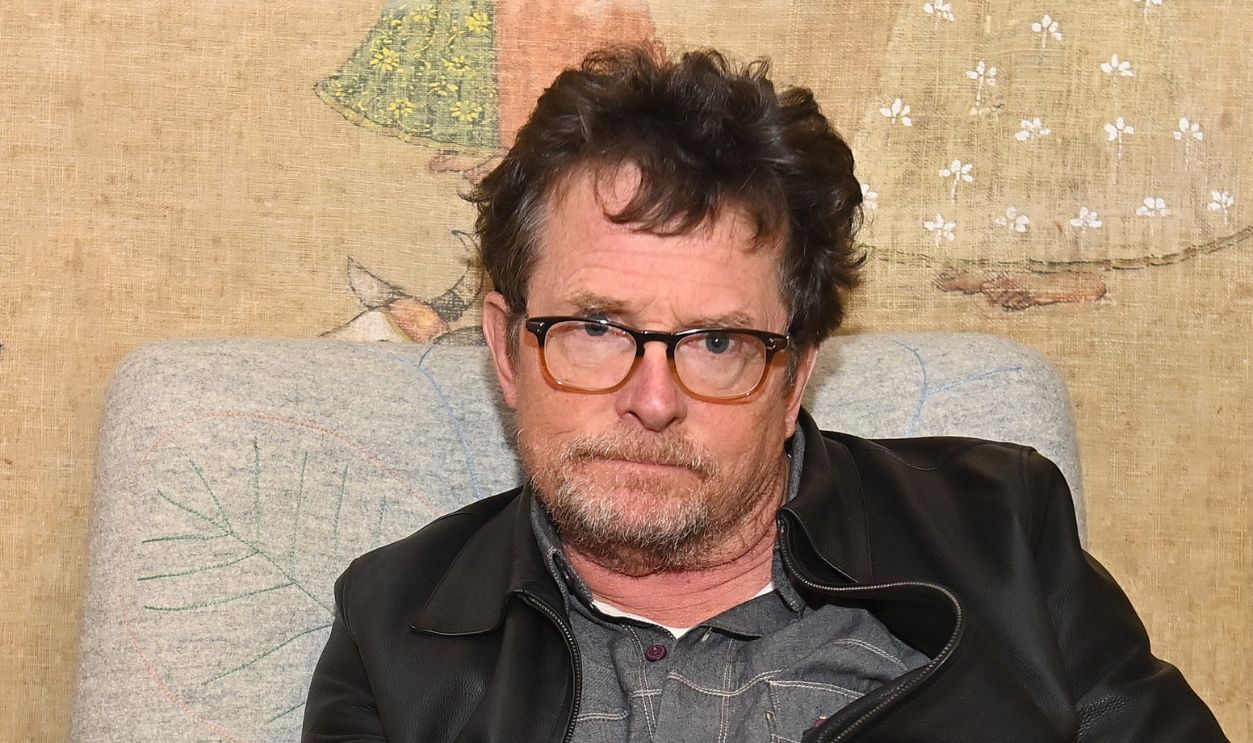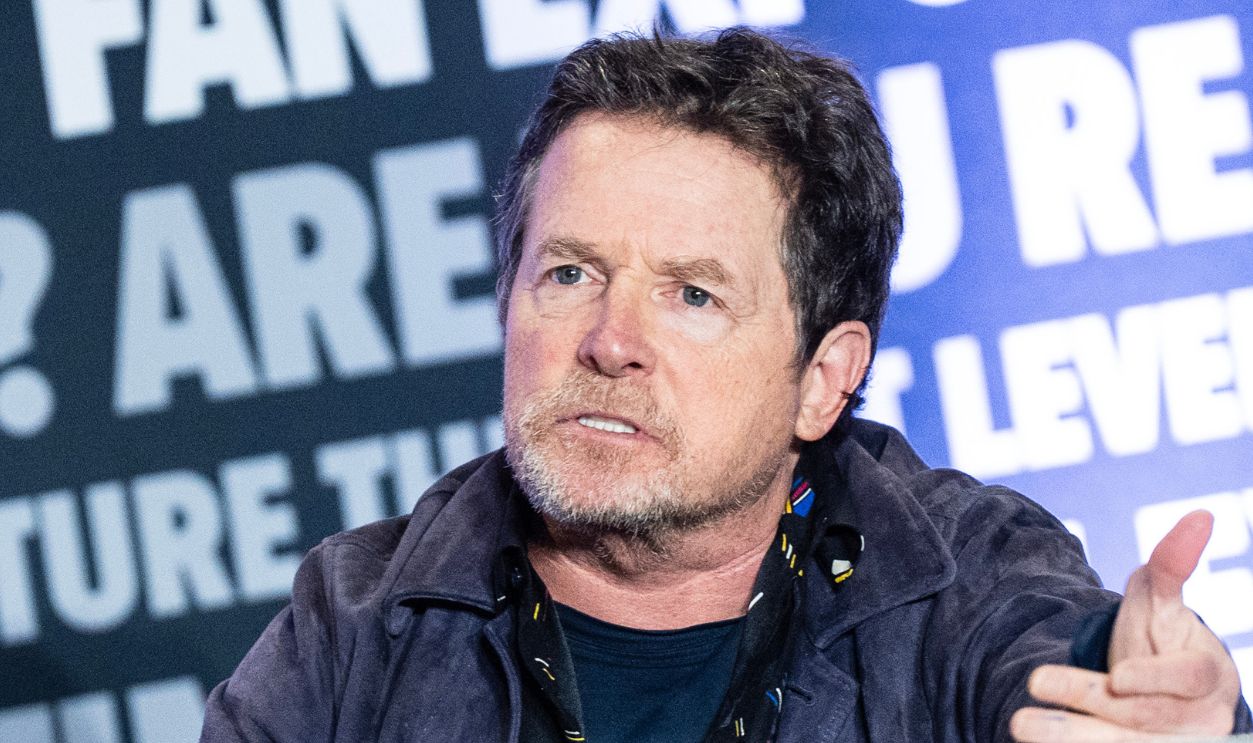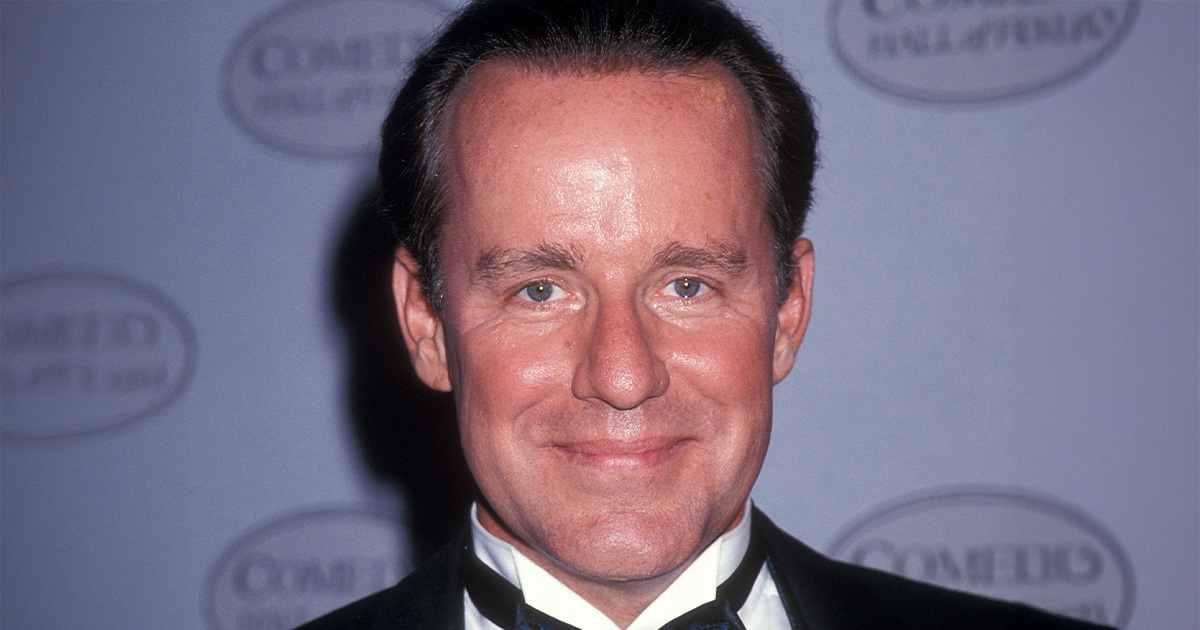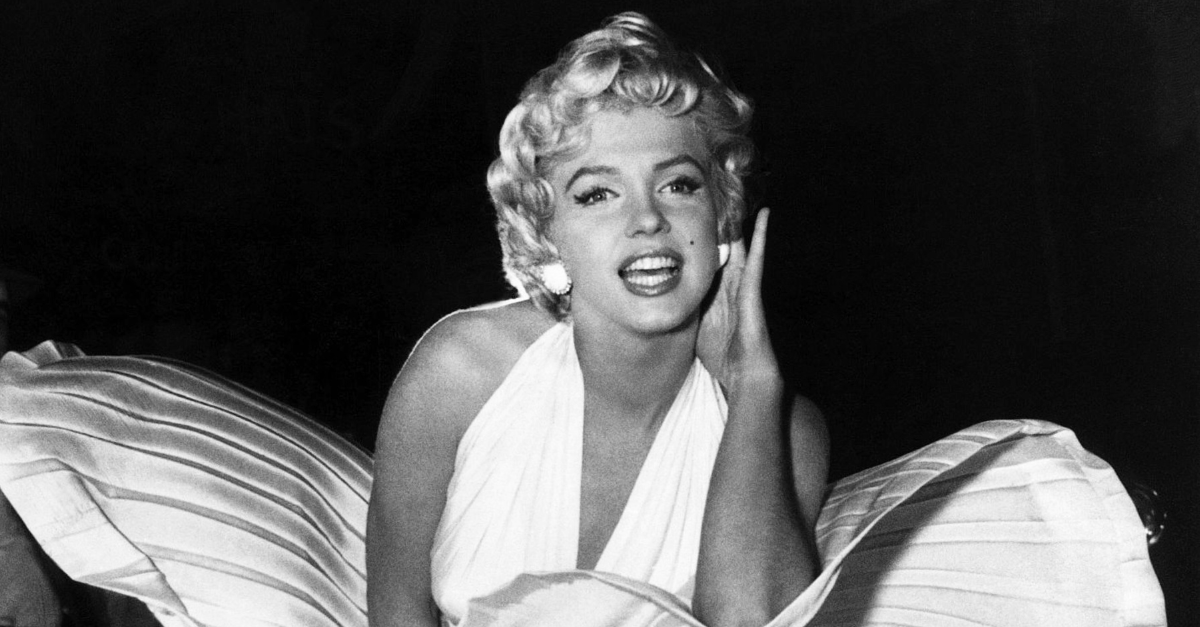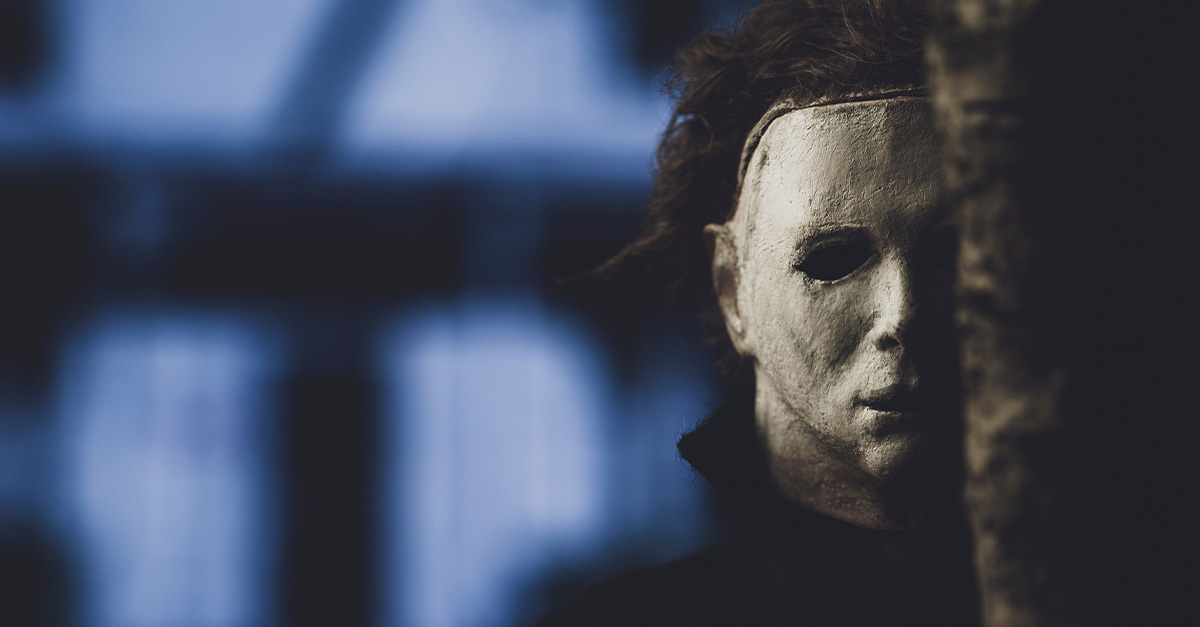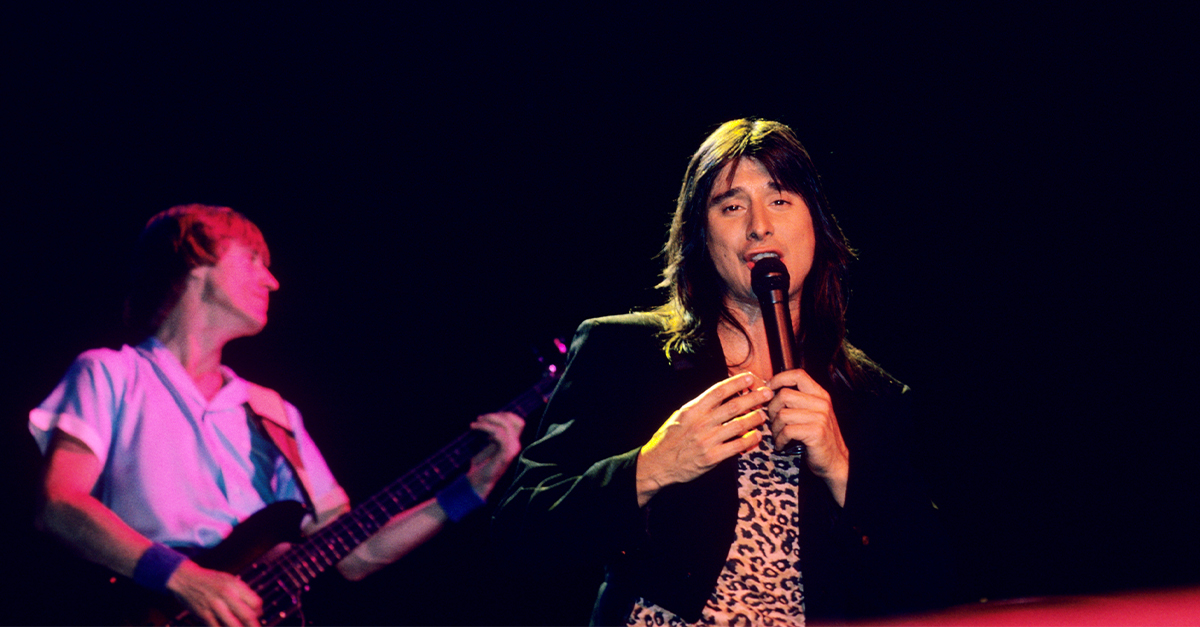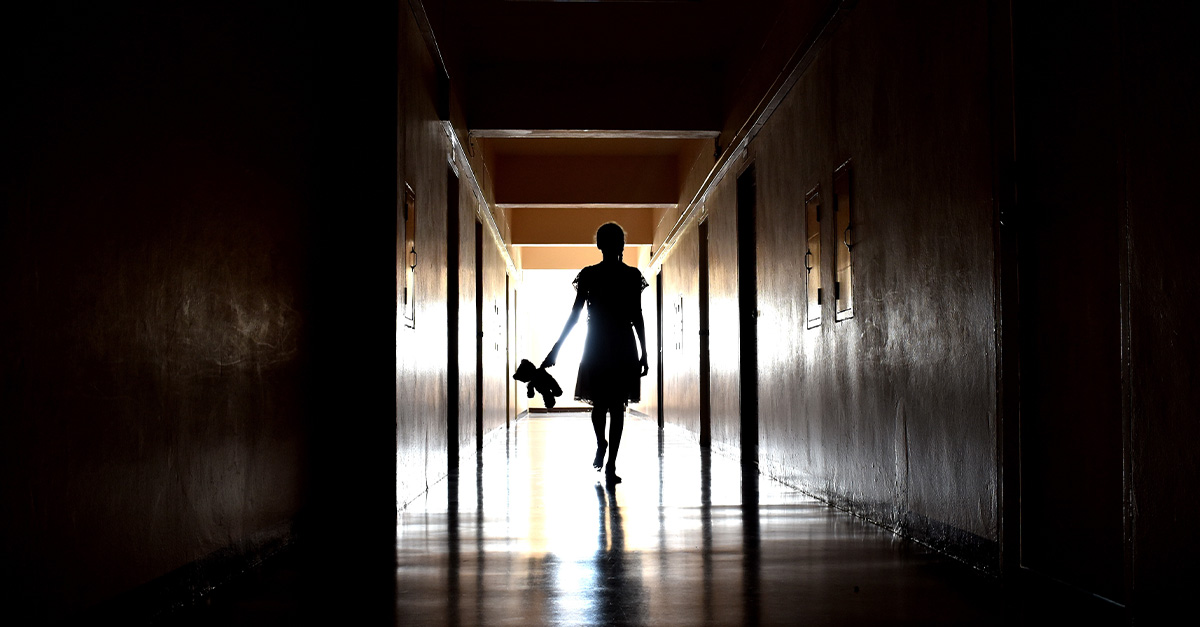The Bright Side
After establishing himself on television, Michael J Fox quickly soared to the center of Hollywood’s attention as he starred in some of the most iconic films in history. However, his glaring health issues became unavoidable and threatened to take away the passion he had chased since he was young.
Nevertheless, he focused on what he could do in the moment—not only for his career, but to help anyone fighting the same battle as him.
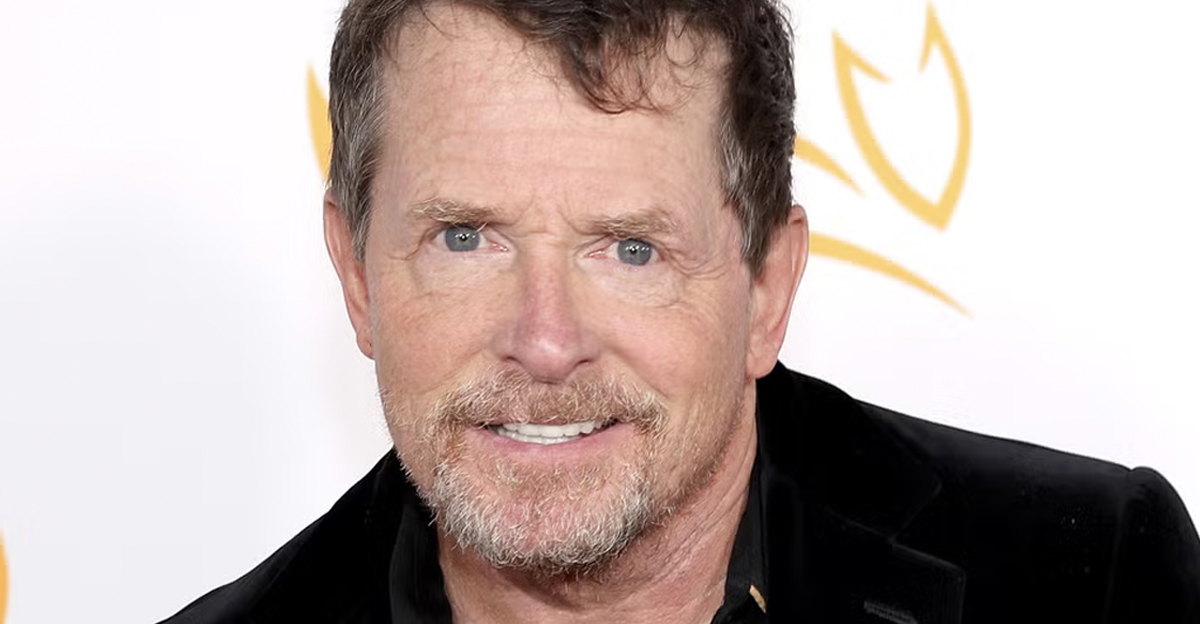
1. He Inherited His Passion
Starting his career early, the worlds of film and television quickly fell in love with Michael J Fox as he took to his performances like a fish to water. Growing up in Canada, he soon realized that this talent may have been something he was born with, especially since his mother, Phyllis Evelyn, had previously worked as an actress. On the other hand, his father, William Fox, served as a member of the Royal Canadian Corps of Signals.
Because of this, he wasn’t used to staying in one place—and this had a startling effect on young Michael.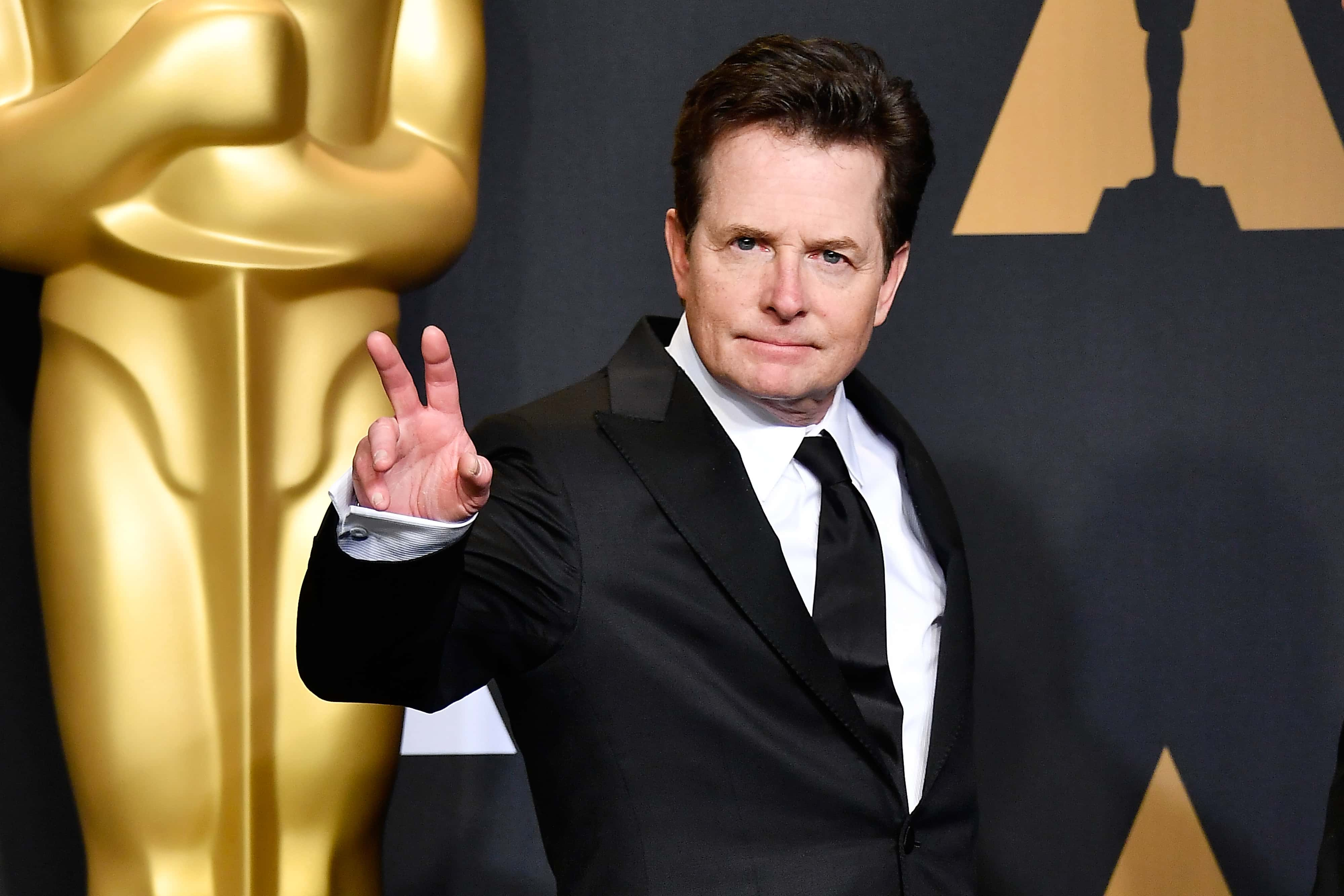 Frazer Harrison. Getty Images
Frazer Harrison. Getty Images
2. They Moved Around
Throughout Michael’s childhood, he struggled to feel at home and connected to those around him, as his family never stayed for long. Due to his father’s military career, they constantly moved around Canada during his early formative years, until William retired and they found a permanent home in Burnaby, BC.
Still, Michael always felt like he was different.
3. He Was At A Disadvantage
Although Michael would develop a passion for acting before too long, it wasn’t his only interest growing up, as he especially enjoyed playing hockey. However, there was just one problem. Participating in the sport was especially difficult because he was so short as a child. With the added factor of being the second youngest of six siblings, he was no stranger to feeling small.
Fortunately, fate had a surprising twist in store for him.
4. He Was Pushed
As early as his junior high years, Michael found an interest in the art of performance, along with a natural talent for it. Joining his school’s drama club, he quickly impressed his classmates and his teacher, who saw a bright future for the budding actor. At this teacher’s suggestion, Michael decided to audition for an upcoming film in 1977.
It was an opportunity that changed his life forever.
5. He Had His First Gig
Taking his drama teacher’s advice, the 16-year-old Michael put himself out there and auditioned for Leo and Me, a film by the Canadian Broadcasting Corporation. Booking the part, he soon found other small roles on television before finally jumping headfirst into his dream career. At 17, he made a very risky move.
6. They Didn’t Believe In Him
Chasing his dreams, Michael dropped out of school and prepared to move to Hollywood. Of course, some had their doubts. When he told everyone that he was quitting school to go to Hollywood, one of his teachers warned him that he wouldn’t “be cute forever,” to which Michael responded, “Maybe just long enough, sir”.
However, there was one bump in the road that he never saw coming.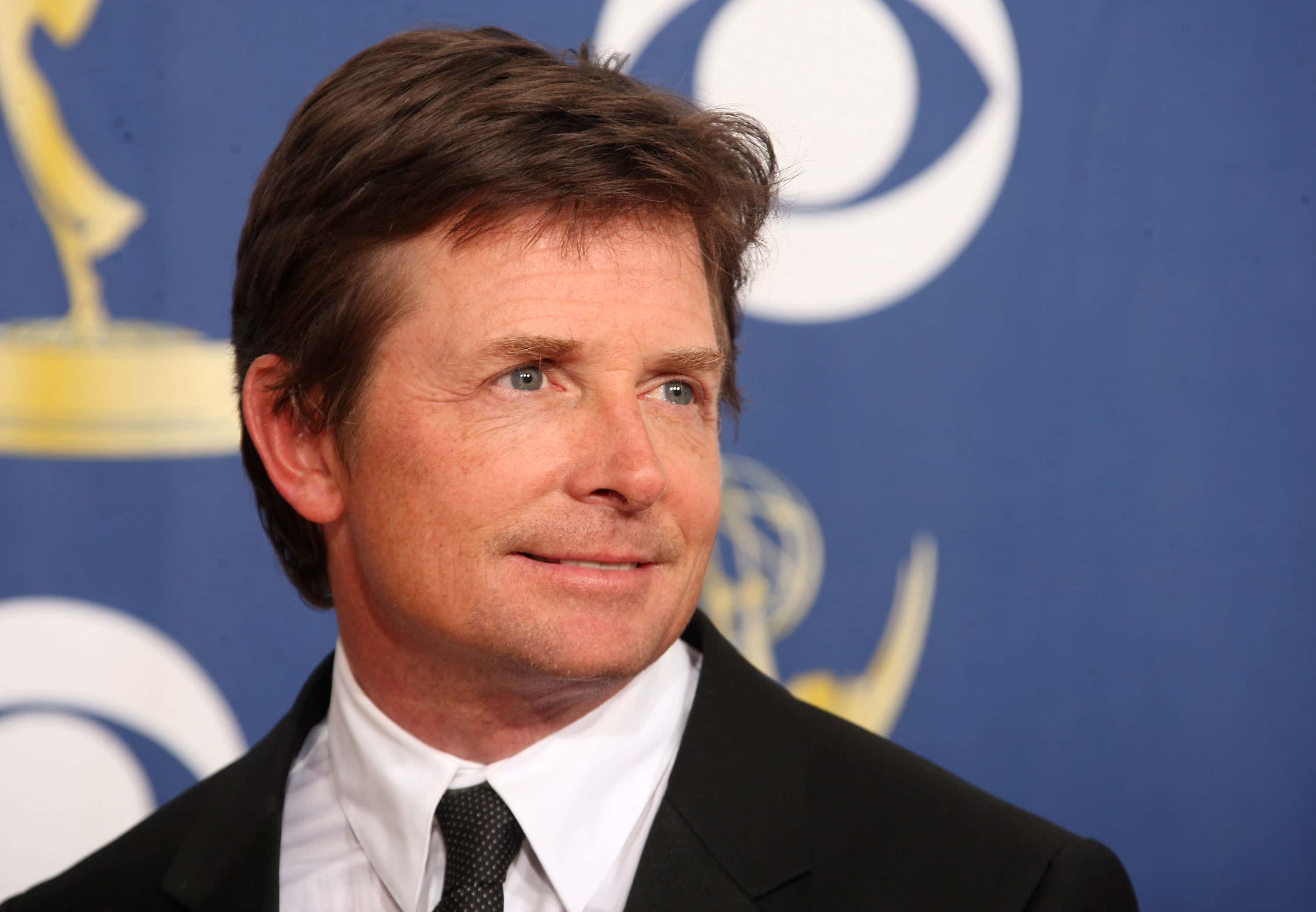 Jason Merritt, Getty Images
Jason Merritt, Getty Images
7. His Name Was Taken
Unlike many less fortunate aspiring actors, it didn’t take long for Michael to find work in Los Angeles, and in 1979, he booked a role in the TV movie Letters from Frank. As his first job in America, this allowed him to register with the Screen Actors Guild. However, he faced an unexpected roadblock—there was already an actor named Michael Fox.
Suddenly, his entire future hinged on a name.
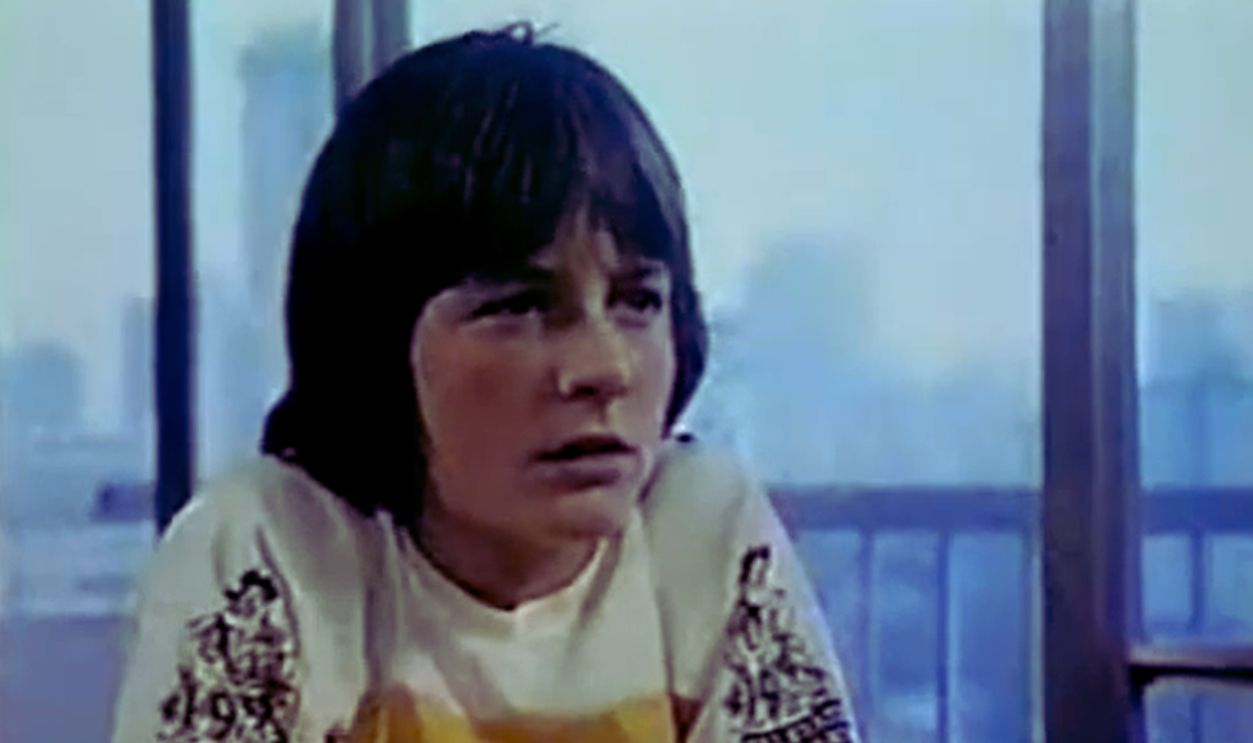 Paramount Television, Letters from Frank movie (1979)
Paramount Television, Letters from Frank movie (1979)
8. He Changed It
Because SAG didn’t allow two actors to register the same name, and since he was just starting out, Michael had no choice but to take on a new alias. He had several options, but he wasn’t a fan of going by his middle name, Andrew, nor did he like “Michael A Fox”. Eventually, he took a page out of the book of one of his favorite actors, Michael J Pollard, and became Michael J Fox.
Of course, the budding actor wouldn’t be much without another job.
9. He Booked Another Job
Over the next couple of years, Michael was lucky enough to book larger parts, such as his first feature film, 1980’s Midnight Madness. Still, just two years after that, he succeeded in an audition for what would become his breakout role in the series Family Ties. This casting almost entirely came down to luck, as they only chose him because they couldn’t get actor Matthew Broderick for the role.
However, while he had found work, he was still barely scraping by.
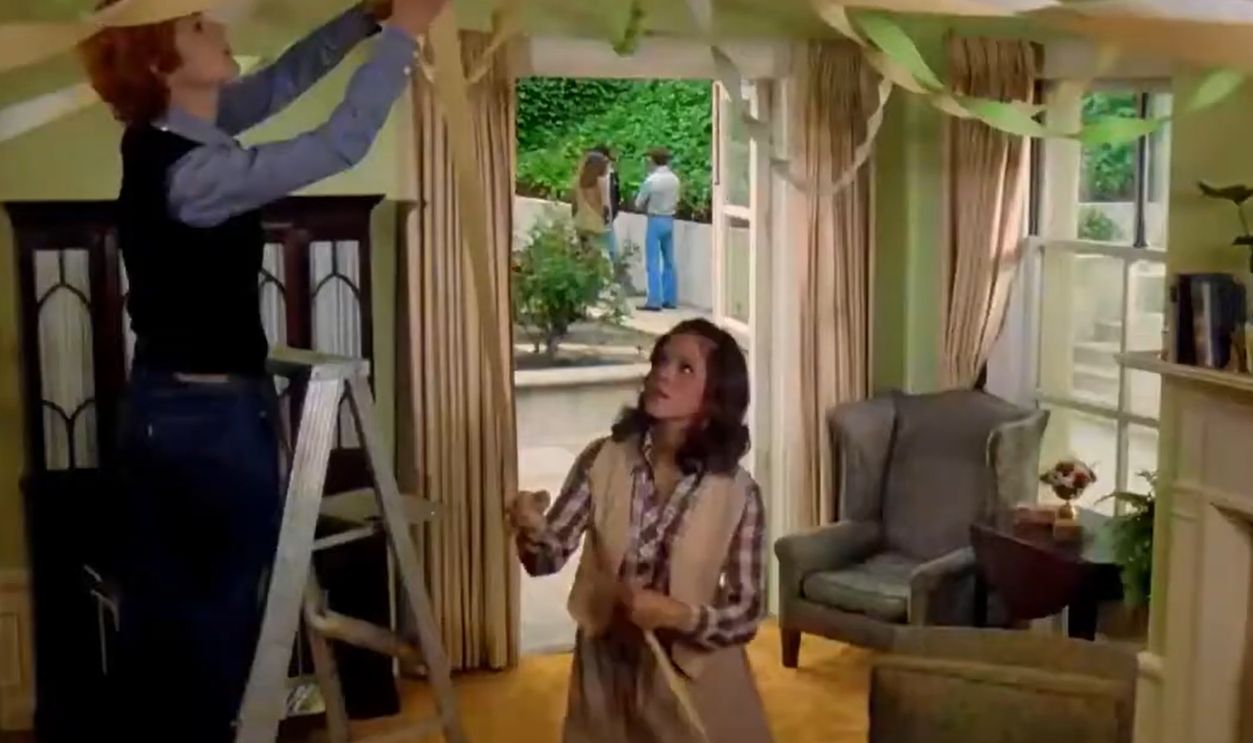 Walt Disney Productions, Midnight Madness (1980)
Walt Disney Productions, Midnight Madness (1980)
10. He Was At A Restaurant
Even for Michael, the first few years of trying to make it as an actor were a daunting experience, especially without reliable access to a phone. Refusing to let that get in the way, he gave the studio behind Family Ties the number for a payphone outside a Pioneer Chicken restaurant. His resolve was unyielding, and he staked out the pay phone so that he was nearby when they called to negotiate.
As it turned out, he was born to play this role.
11. He Made An Impact
First airing in 1982, Family Ties followed the Keaton family, with Michael playing the son, Alex, who instantly turned into the show’s most iconic character. Surprisingly, this wasn’t the original intention, as the creators had pitched a story centered around the parents. However, Michael became such a fan favorite that the producers wrote him to be the main character instead.
This came as a shock, especially to the man in charge.
12. She Fought For Him
Although Michael was clearly the right choice, Family Ties creator Gary David Goldberg wasn’t on board after seeing his audition. He criticized Michael’s acting, saying he made Alex too much of a smart aleck, but casting director Judith Weiner’s confidence was unwavering, and she brought Michael back in. Realizing the mistake that almost cost him his greatest role yet, Michael played the character differently, and the rest is history.
Even then, Michael had no shortage of naysayers.
13. He Didn’t Like Him
Another higher-up who wasn’t completely sold on Michael’s casting was producer Brandon Tartikoff, but in a painful twist, it had nothing to do with his performance. He simply thought Michael was too short compared to his co-stars and didn’t look the part, saying, “This is not the kind of face you'll ever find on a lunchbox”.
While not a petty man, Michael made sure that Tartikoff ate his words.
14. He Got Him Back
Needless to say, based on how Michael’s career panned out, it’s clear that Brandon Tartikoff was grossly mistaken. Decades later, Michael wanted to get the last word in tastefully, so he sent Tartikoff a custom lunch box, bearing the inscription, “To Brandon: This is for you to put your crow in. Love and Kisses, Michael J”.
On the other hand, Michael’s co-stars seemed to adore him.
15. He Had A Girlfriend
By all accounts, the cast of Family Ties had a blast working together, and although it would have been easy for Michael to get a big head, he got along with most of the other actors. One castmate, Tracy Pollan, would end up being an enormous part of his life, though at the time, she was only his on-screen girlfriend until she left the show.
Suddenly, an amazing opportunity came along—even if he didn’t know it.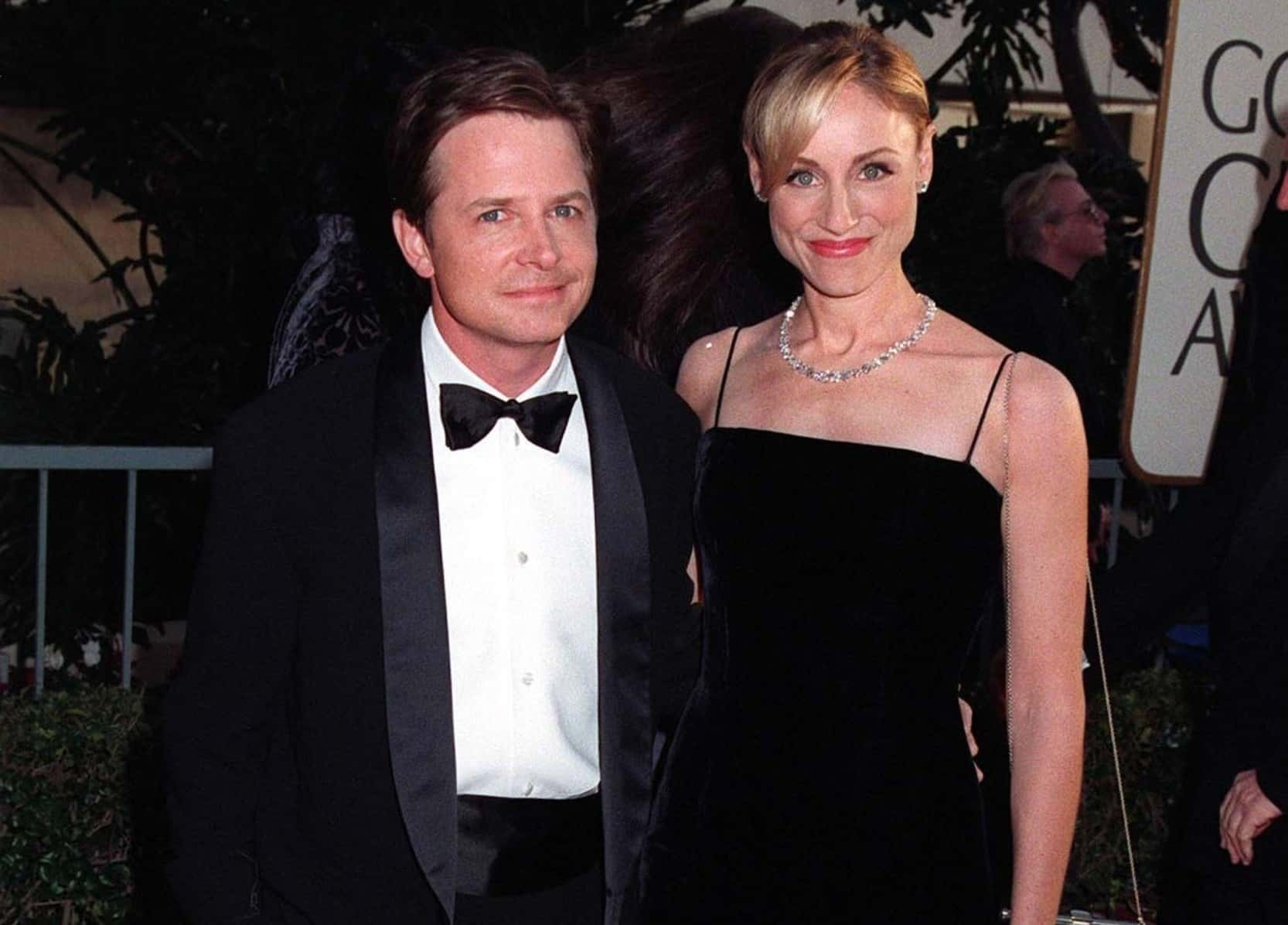 Featureflash Photo Agency, Shutterstock
Featureflash Photo Agency, Shutterstock
16. He Was Unavailable
While Michael was still working on Family Ties, production was starting on the upcoming film Back to the Future, and director Robert Zemeckis knew he wanted Michael for the lead. Ironically, despite disliking Michael at first, Gary David Goldberg barred Zemeckis from even speaking to the actor, as he needed him to prioritize the show.
Unfortunately, Zemeckis’ backup plan wasn’t up to snuff.
17. He Wasn’t Happy
Without Michael’s availability for the film, Robert Zemeckis had to cast actor Eric Stoltz as the character Marty McFly in Back to the Future. This was a mistake, and Zemeckis knew it, believing Stoltz was unable to pull off the type of comedy he was looking for. Fortunately for the director and Michael, there was a last-minute change of plans.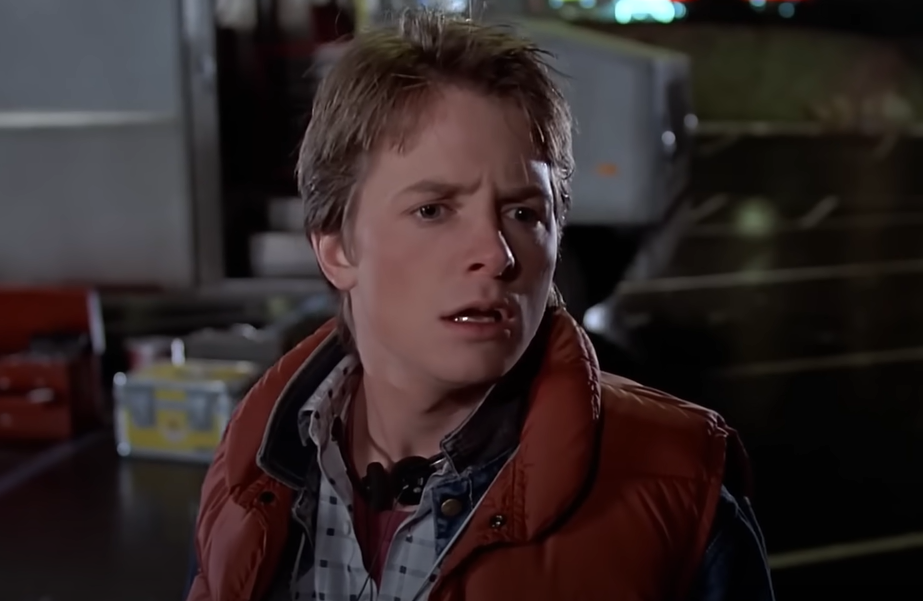 Universal, Back to the Future (1985)
Universal, Back to the Future (1985)
18. He Replaced Him
The reason why Michael was so essential at the Family Ties set was that his co-star, Meredith Baxter, had been on maternity leave. However, once she returned and he no longer needed to carry the show, he was ecstatic to have time for Back to the Future. Although Eric Stoltz had already started production, Zemeckis had no qualms about letting him go and replacing him with Michael.
In the end, although unfortunate for Stoltz, this proved to be the right call.
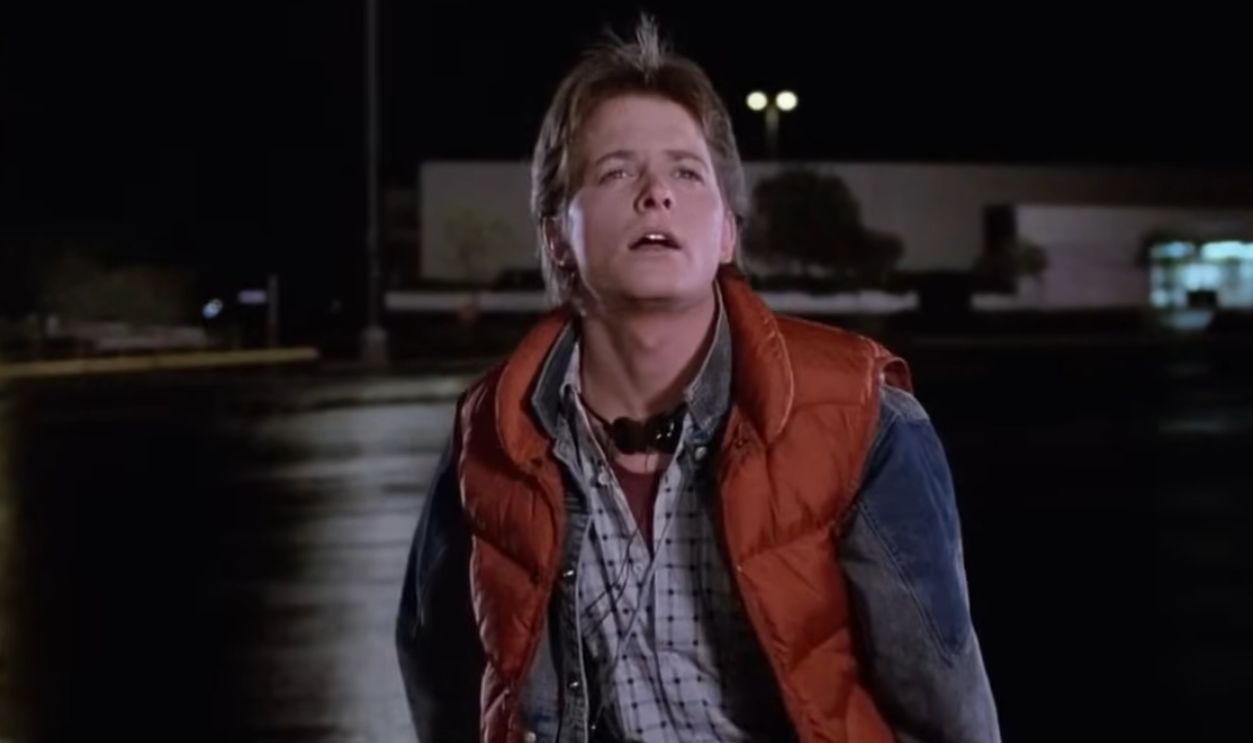 Universal Pictures, Back to the Future (1985)
Universal Pictures, Back to the Future (1985)
19. He Was A Standout
For Michael’s part, he was more than pleased to have such an amazing opportunity, and it ultimately paid off. Back to the Future instantly became a phenomenon, grossing $381 million globally. Michael specifically gained a great deal of media attention, with critics applauding his performance—which also earned him a Golden Globe nomination.
Even better, Michael had a bright future with the franchise.
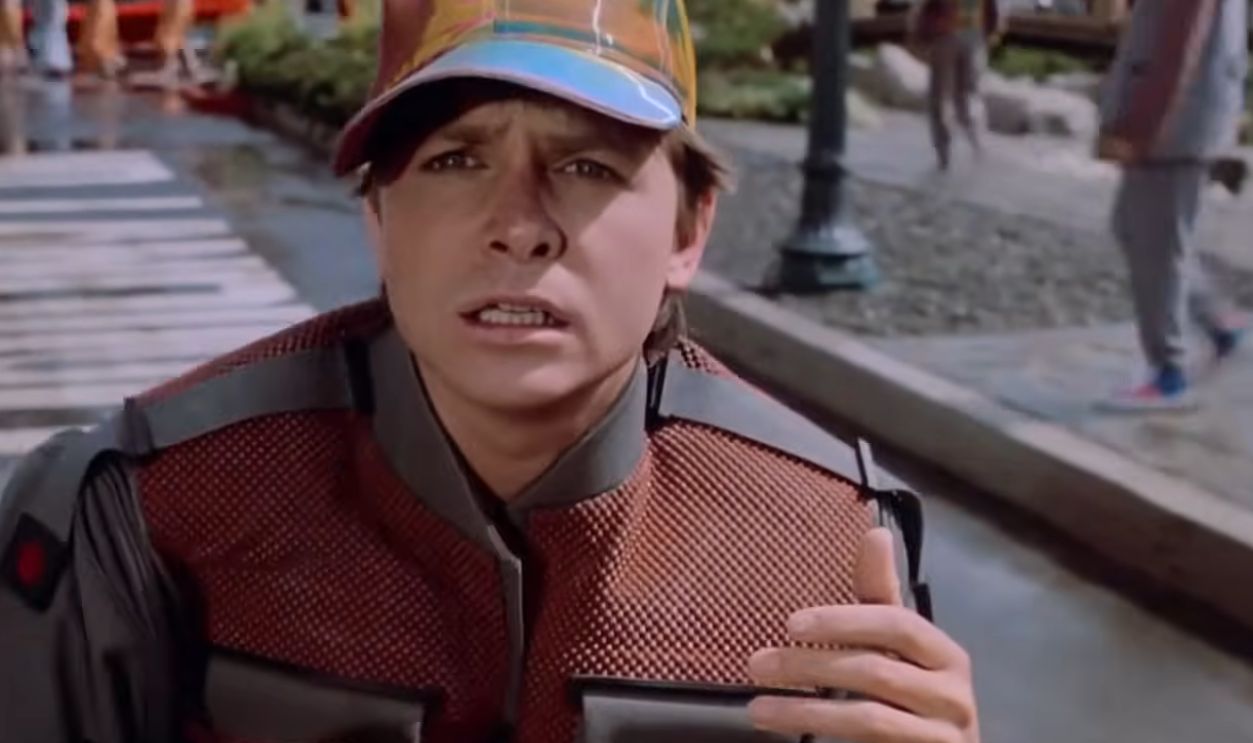 Universal Pictures, Back to the Future (1985)
Universal Pictures, Back to the Future (1985)
20. He Made More
By taking the role of Marty McFly, Michael truly hit the jackpot, especially since it wasn’t just a one-time gig. Back to the Future was followed by two sequels, each of which received the same amount of praise and acclaim. Not to mention, he was still working on Family Ties, so his life was chock-full of the work he loved.
However, while life-changing, these productions could be quite dangerous.
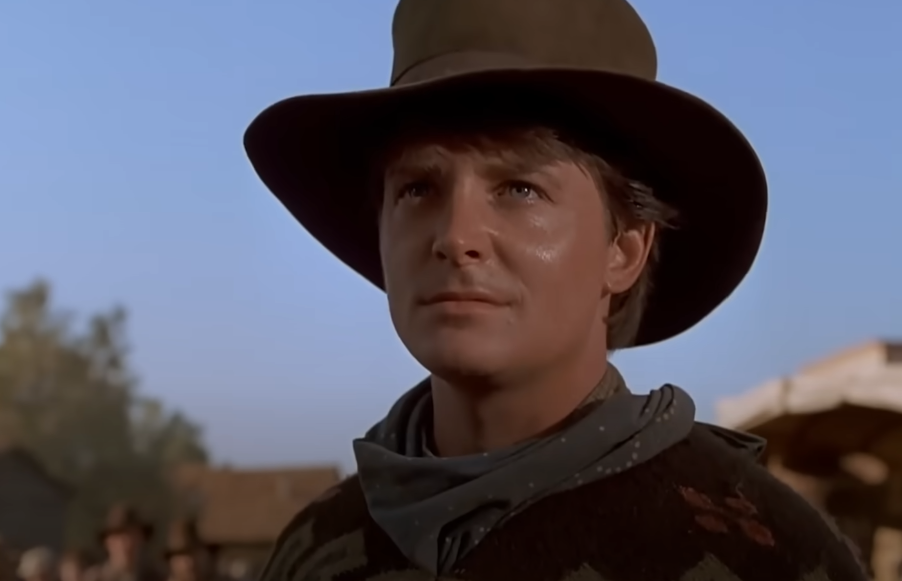 Universal, Back to the Future Part III (1990)
Universal, Back to the Future Part III (1990)
21. He Performed A Stunt
During the filming of all three Back to the Future films, Michael wanted to do as much as he could for his character, even when it became a bit risky. For instance, in one scene from Back to the Future Part III, Marty McFly finds himself in a perilous situation where he almost meets his demise by hanging—and Michael agreed to perform the stunt himself.
Before anyone noticed, something went horribly wrong.
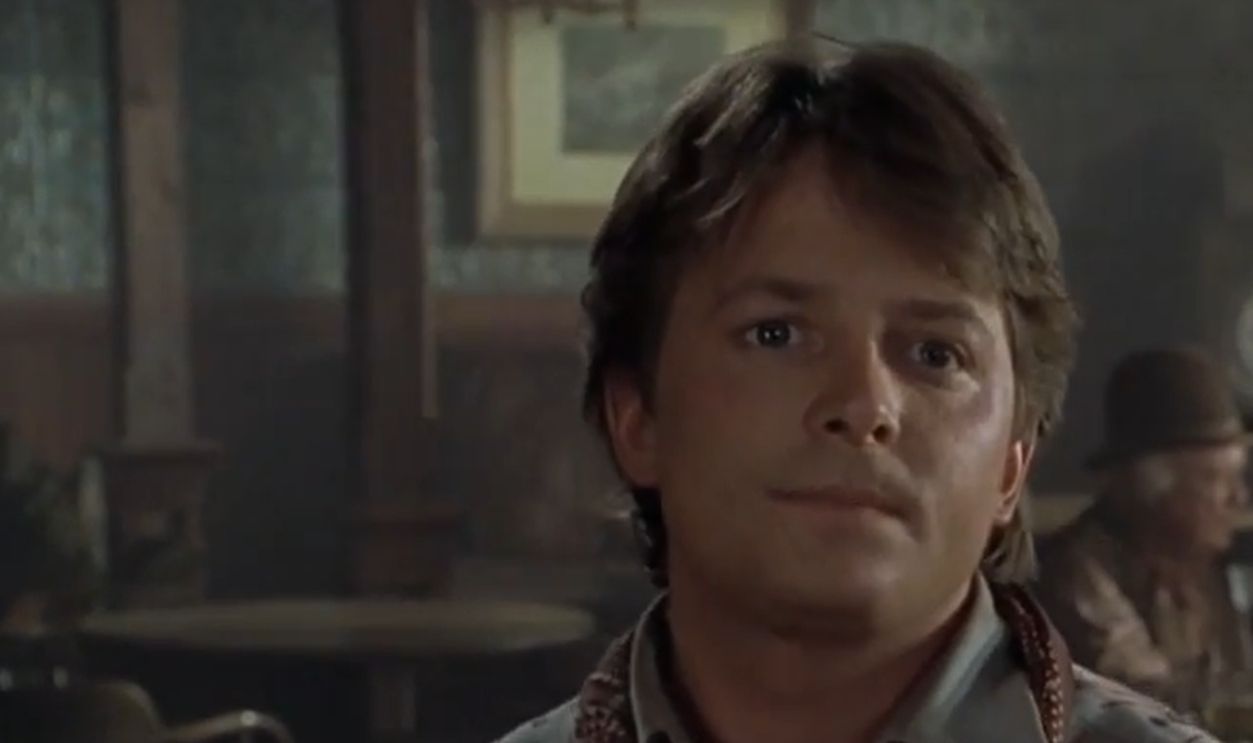 Universal Pictures, Back to the Future Part III (1990)
Universal Pictures, Back to the Future Part III (1990)
22. His Stunt Went Wrong
For the hanging scene, the film’s stunt coordinators instructed Michael on how to perform the act safely, drilling the precautions into him. They gave clear instructions on where to place his hand on the noose to avoid any risk of strangulation. Frighteningly, in one disastrous slip-up, Michael failed to do this and ended up passing out, which Robert Zemeckis thankfully noticed before it was too late.
Artists indeed suffer for their craft, and for Michael, it paid off.
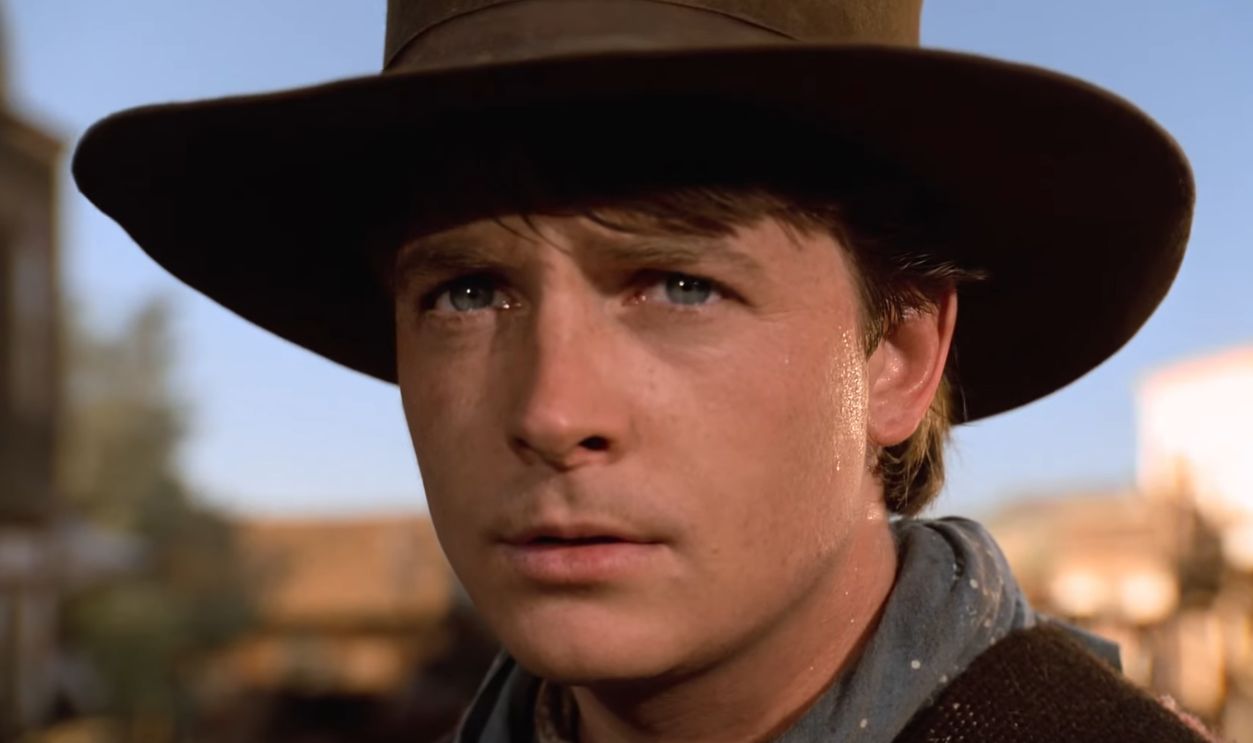 Universal Pictures, Back to the Future Part III (1990)
Universal Pictures, Back to the Future Part III (1990)
23. They All Loved Him
Even while filming the Back to the Future movies, Michael was available to take another role in the 1985 film Teen Wolf, which was still a hit despite not being as successful as the trilogy. Between starring in these and still filming Family Ties until 1989, the public fell in love with him, and the media started referring to him as the next teen idol.
As such, whenever awards season arrived, he had nothing to worry about.
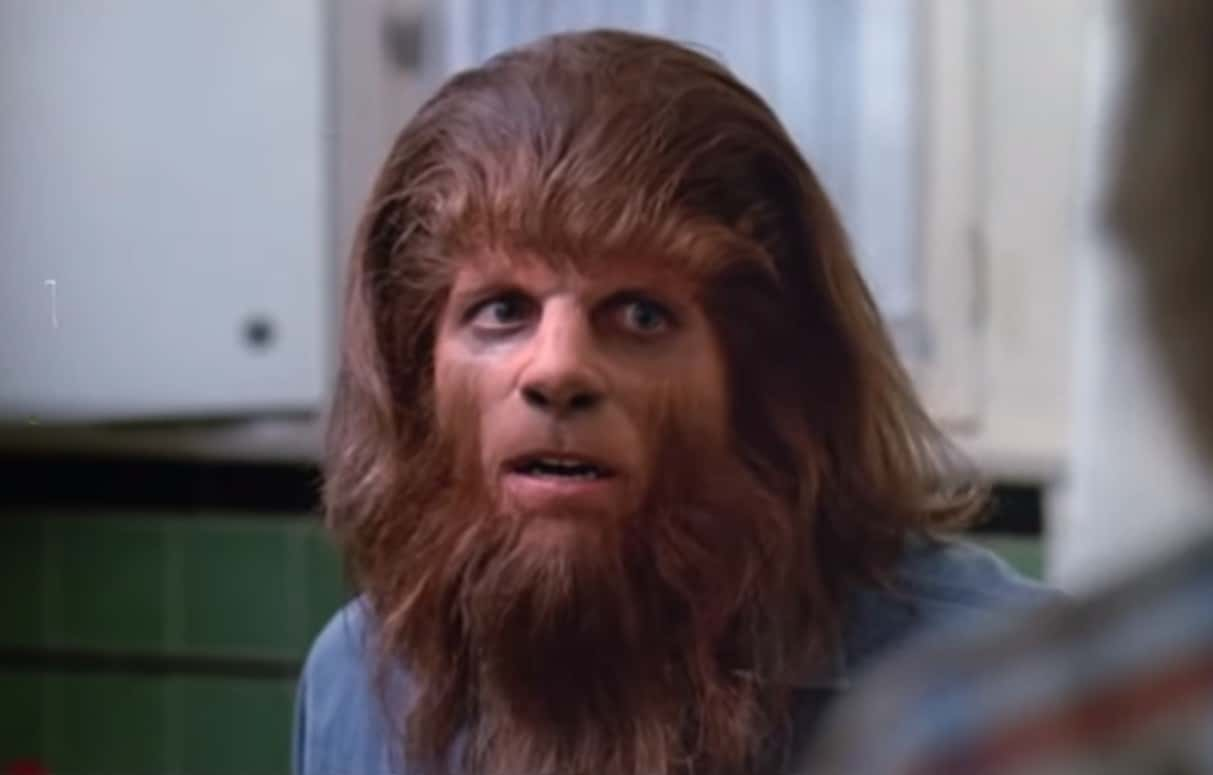 Atlantic Entertainment Group, Teen Wolf (1985)
Atlantic Entertainment Group, Teen Wolf (1985)
24. He Was Acknowledged
Michael may have lost out on his Golden Globe for the first Back to the Future film, but he was far from unappreciated by the industry. In fact, he actually would win a Golden Globe later, along with three Emmys, but all were for his work in television, specifically his beloved character on Family Ties.
As fate would have it, he found himself reconnecting with someone behind the scenes.
25. They Were Together Again
In 1987, Michael took a role in the film Bright Lights, Big City, which turned out to be one of the best jobs of his life, but not because of any career boosts. With this film, he got another chance to star opposite his favorite former co-star, Tracy Pollan, and the two immediately picked up where they left off. Soon enough, a romance blossomed, and they married the following year.
However, it wasn’t long before they added some other members to their household.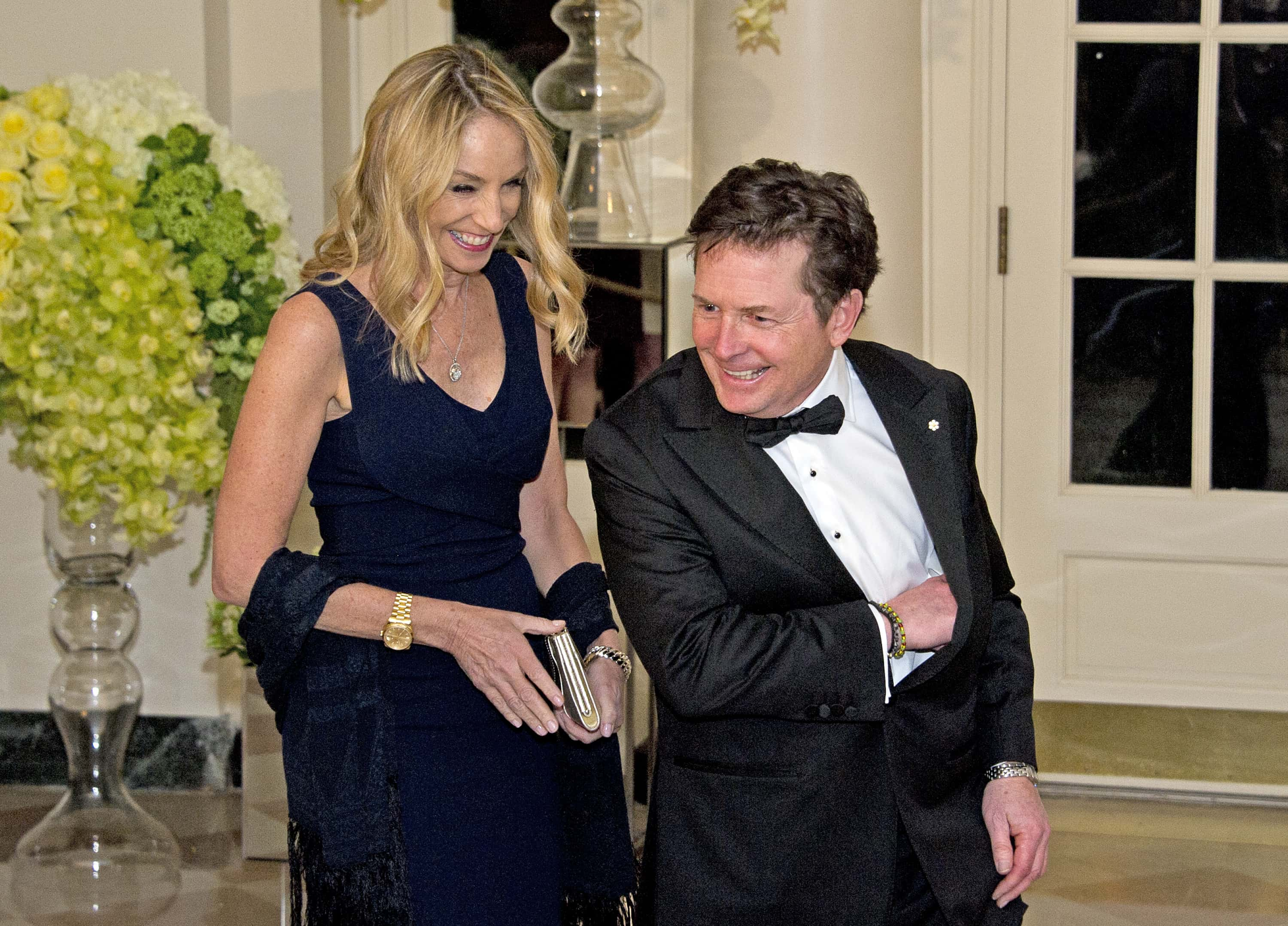 Pool, Getty Images
Pool, Getty Images
26. Their Family Grew
Although he had already become a mega-star so early on in his career, Michael was far from finished with acting. On the other hand, Tracy decided she would prioritize her relationship with him, taking a step back from her work on screen. This turned out to be even more valuable, as within the next couple of years, they started having children.
In terms of his career, Michael wanted to keep things fresh.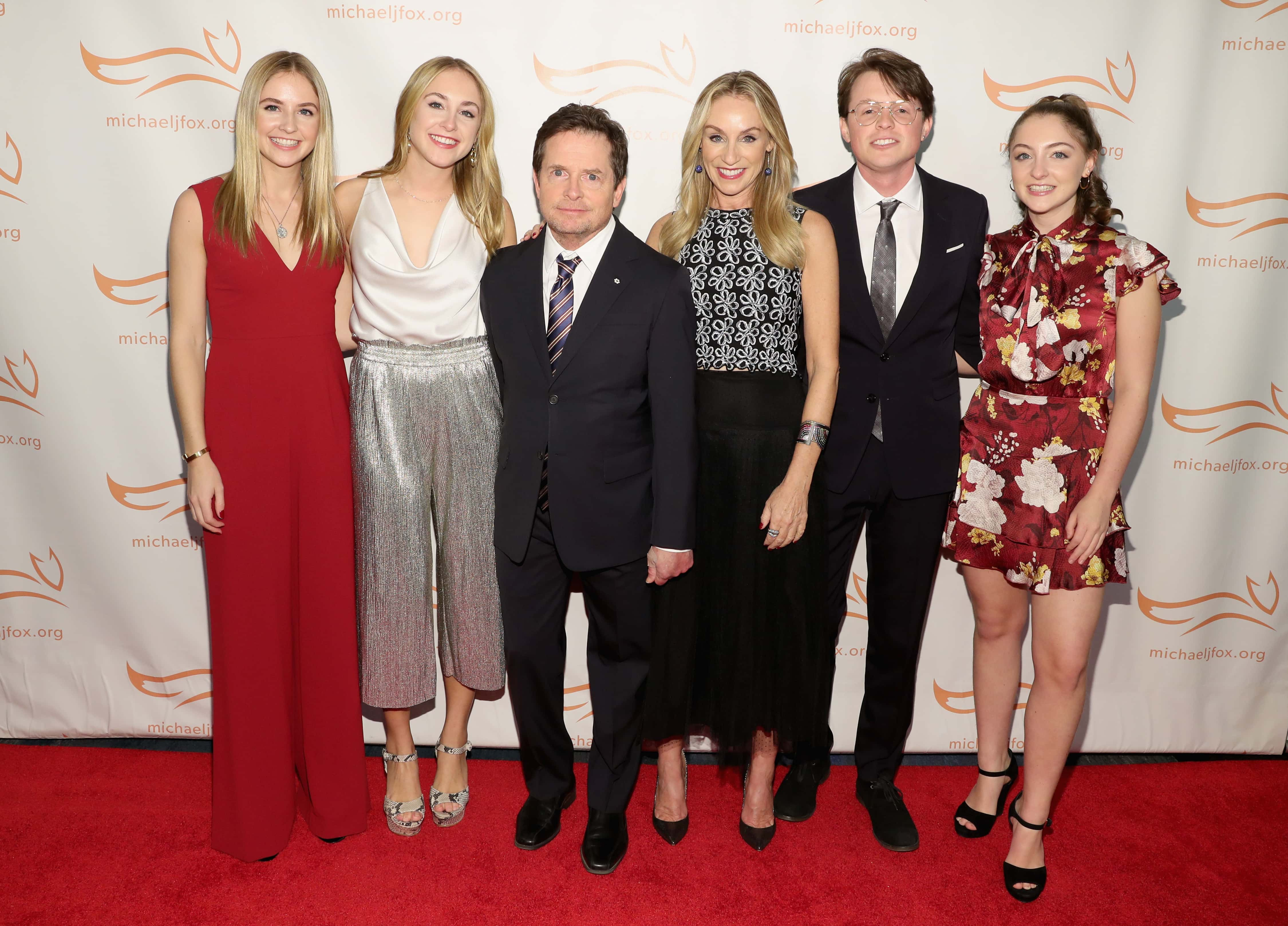 Cindy Ord, Getty Images
Cindy Ord, Getty Images
27. He Was A Surprise
Up to this point, Michael had become famous for his comedic acting and for appearing in decidedly more light-hearted projects. In 1989, though, he broke the mold and took an intensely dramatic role in Casualties of War, demonstrating the range he was capable of. Critics loved his performance, commending his transition to the more grounded tone.
Unfortunately, even superstars have health issues, and Michael noticed a concerning problem.
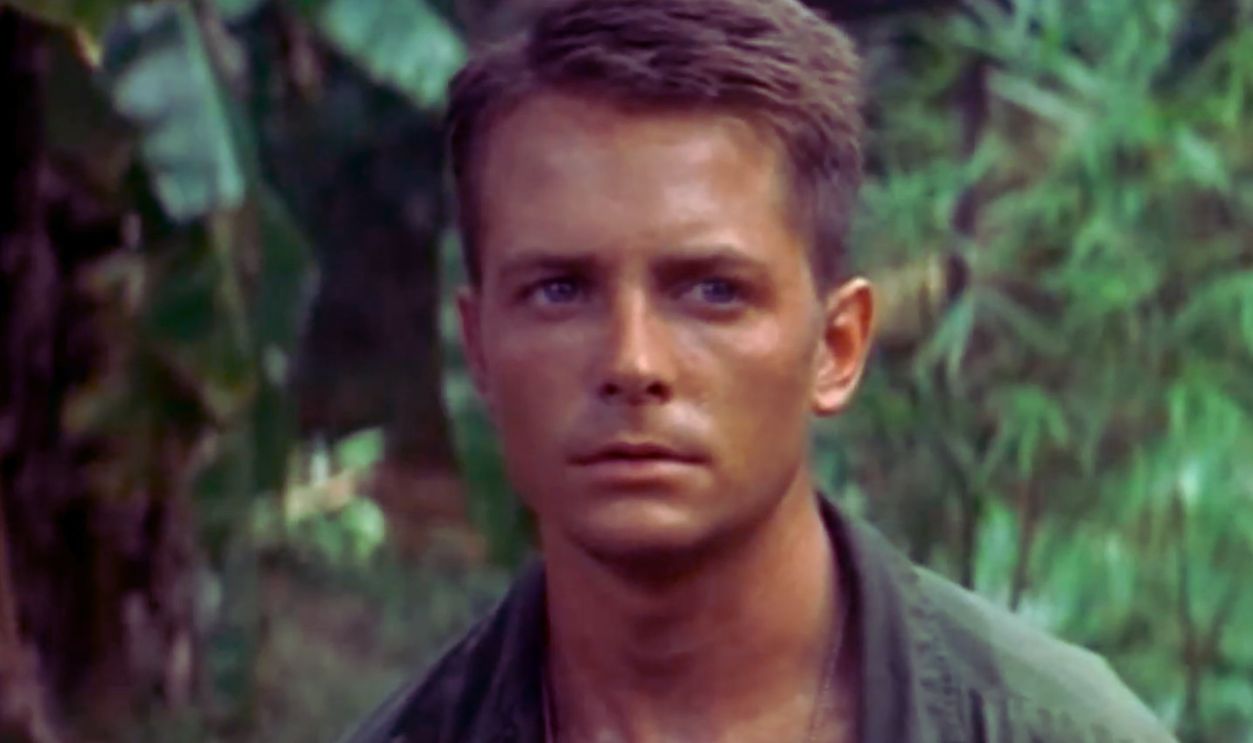 Columbia Pictures, Casualties of War (1989)
Columbia Pictures, Casualties of War (1989)
28. He Knew Something Was Wrong
Shortly after finishing the Back to the Future trilogy, Michael began filming the rom-com Doc Hollywood, when he realized something worrying. He started experiencing an abnormally sore shoulder and noticed a tremor in his pinky finger. Visiting the doctor, he learned the devastating truth—these were early symptoms of Parkinson's disease.
In that instant, the future of his career was put in jeopardy.
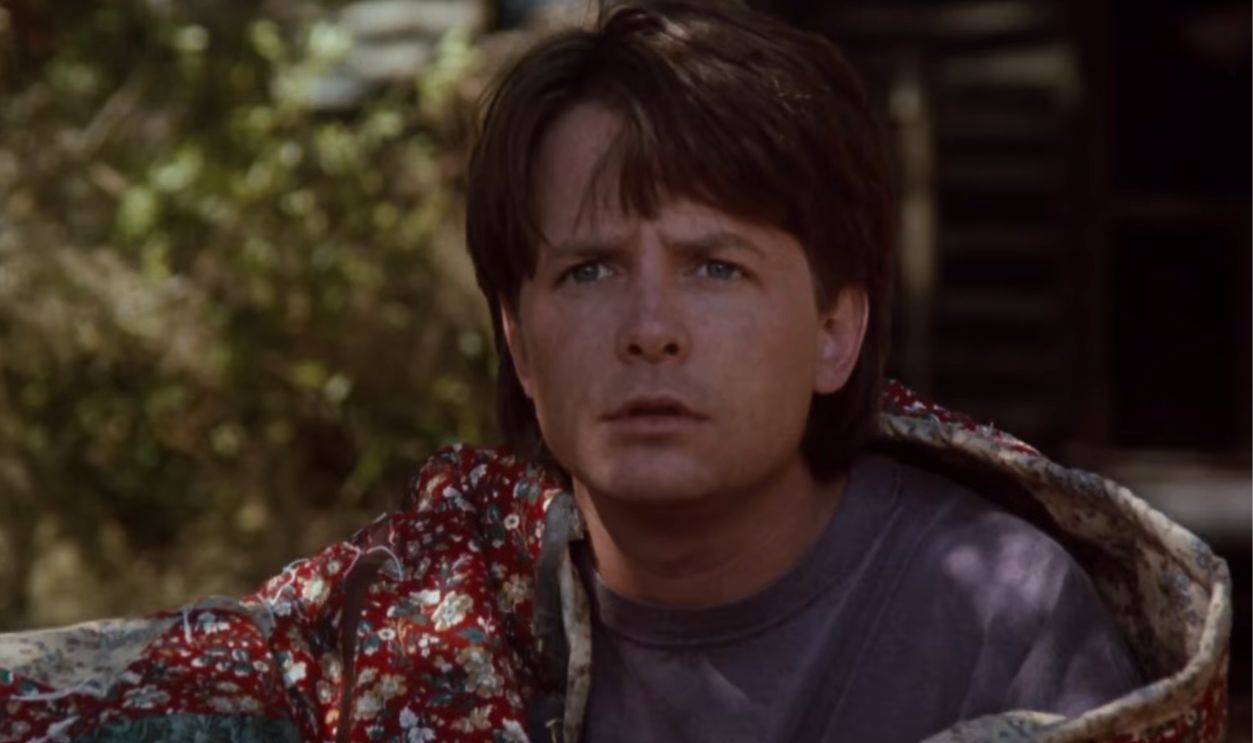 Warner Bros., Doc Hollywood (1991)
Warner Bros., Doc Hollywood (1991)
29. They Gave Him Bad News
When he first received his Parkinson’s diagnosis, Michael’s symptoms were completely manageable, and he wanted to keep working. Sadly, his doctors informed him that the condition would only get worse—and quickly—estimating that he would have no choice but to retire within the next few years.
At first, he couldn’t bear to face this news, so he turned to other distractions.
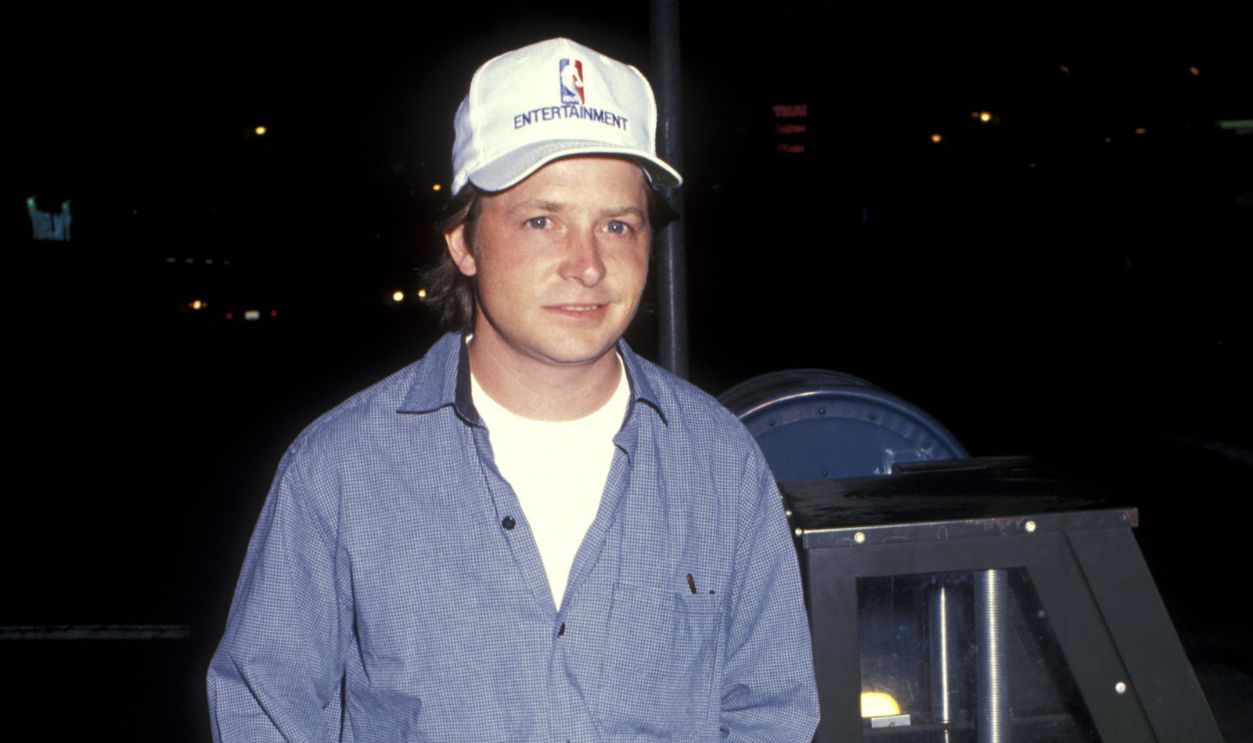 Ron Galella, Ltd., Getty Images
Ron Galella, Ltd., Getty Images
30. He Didn’t Take It Well
Even with the limited knowledge of Parkinson’s at the time, Michael’s doctors presented him with options for how to treat his condition, but these did little to help his mental state. Receiving such life-altering news deeply affected him, and he threw himself into drinking to cope with his new reality.
To make matters worse, he was dealing with most of his issues alone.
31. He Kept It A Secret
Michael sought help for his drinking problem the following year and finally kicked it, but he still had to face his newfound health issues. Determined to continue working as long as he could, he maintained business as usual and took acting jobs throughout the 1990s, but he chose to keep his diagnosis private.
Thankfully, his career only became more diverse during this time.
32. He Expanded His Talent
Still wanting to broaden his horizons and explore roles he was unfamiliar with, Michael started doing voice work in the 1990s, both in animated and live-action roles. As kids growing up around that time will remember, he notably voiced the titular mouse in Stuart Little and the main protagonist, Milo Thatch, in Disney’s Atlantis: The Lost Empire.
He also rekindled his love for TV with another long-term project.
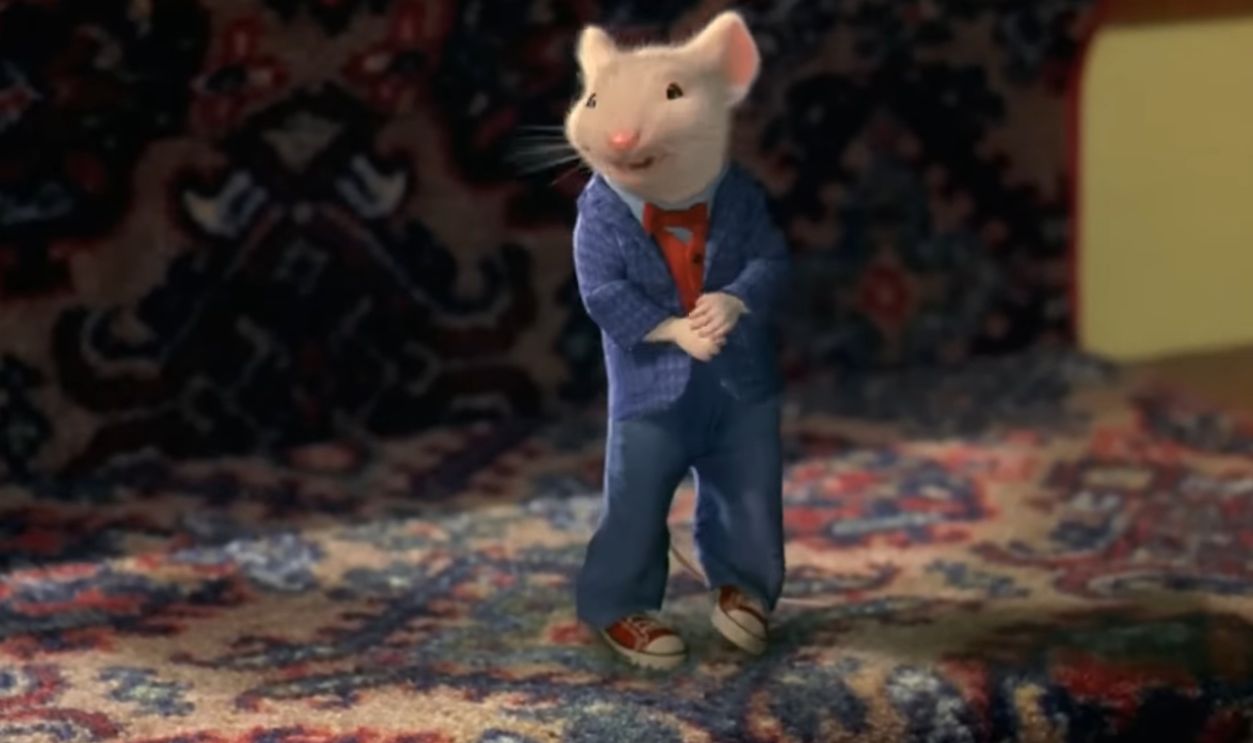 Columbia Pictures, Stuart Little (1999)
Columbia Pictures, Stuart Little (1999)
33. He Joined A New Series
Since Family Ties ended, Michael had enjoyed primarily making films rather than working on television, but this changed in 1996. Working again with creator Gary David Goldberg, Michael took center stage again when he signed on to the new series Spin City as the main character, Deputy Mayor Mike Flaherty.
Of course, he had a much more personal reason for taking this job.
34. He Had Other Plans
While Michael undoubtedly enjoyed returning to television on his own show, he had other motives for joining Spin City. He and his wife had just welcomed twin daughters the year before, and he had plans to move his family to Manhattan. Since receiving his diagnosis, he wanted to spend as much time with his family as possible, and because the series filmed in New York, it allowed him to be much closer to home.
Finally, he couldn’t hide the reality of his illness any longer.
35. He Told Everyone
Michael was adamant about acting despite his worsening condition, but it soon became far too difficult to hide the symptoms. Toward the end of the 1990s, while Spin City was filming its third season, Michael finally announced his diagnosis to the world. Understandably, he only worked on the show for one more season before retiring from the series with a heavy heart.
Now that he was facing his illness head-on, he fought it tooth and nail.
36. He Put His Money To Use
In keeping his illness private, Michael later admitted that he was only running away from the truth. However, after facing it and announcing it to the public, he wanted to use his success and influence to help others like him who may not have the same privileges. In 2000, he founded the Michael J Fox Foundation to aid Parkinson’s research.
Although he had played one many times, he finally became a true hero.
37. They Helped Out
With so little data on Parkinson’s at the time, Michael created his non-profit organization to further all research on the disease, a goal which it has consistently upheld. Today, thanks to its contributions, the Michael J Fox Foundation is widely known as “the most credible voice on Parkinson's research in the world”.
However, even this amazing legacy was nearly cut short.
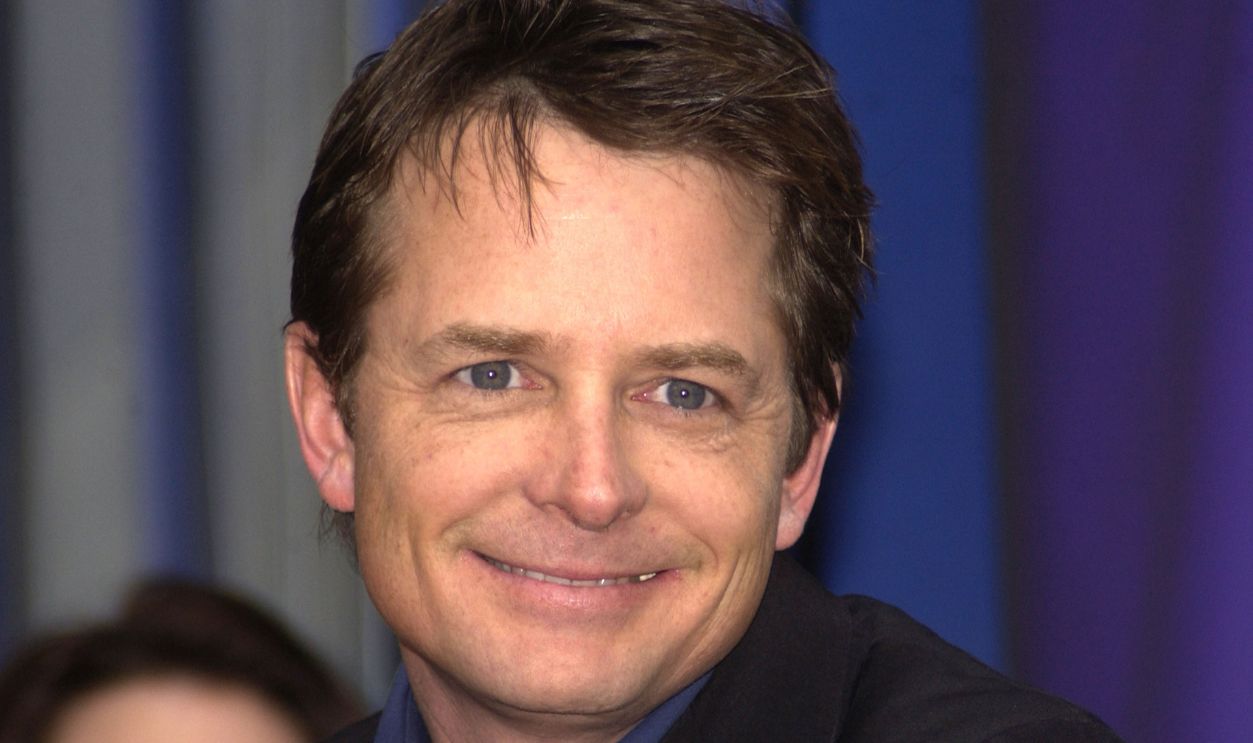 Albert L. Ortega, Getty Images
Albert L. Ortega, Getty Images
38. They Had A Close Call
Although Michael was treating his condition, a terrifying unrelated incident almost ended his life in 2000. On July 25, a Concord flight from Paris to New York crashed just after lifting off, horrifically taking the lives of every passenger. This was especially shocking to Michael, since he and his family had intended to fly home from Paris that day, before they switched to a flight the day before.
Focusing on the time he had, he constantly fought for every cause he believed in.
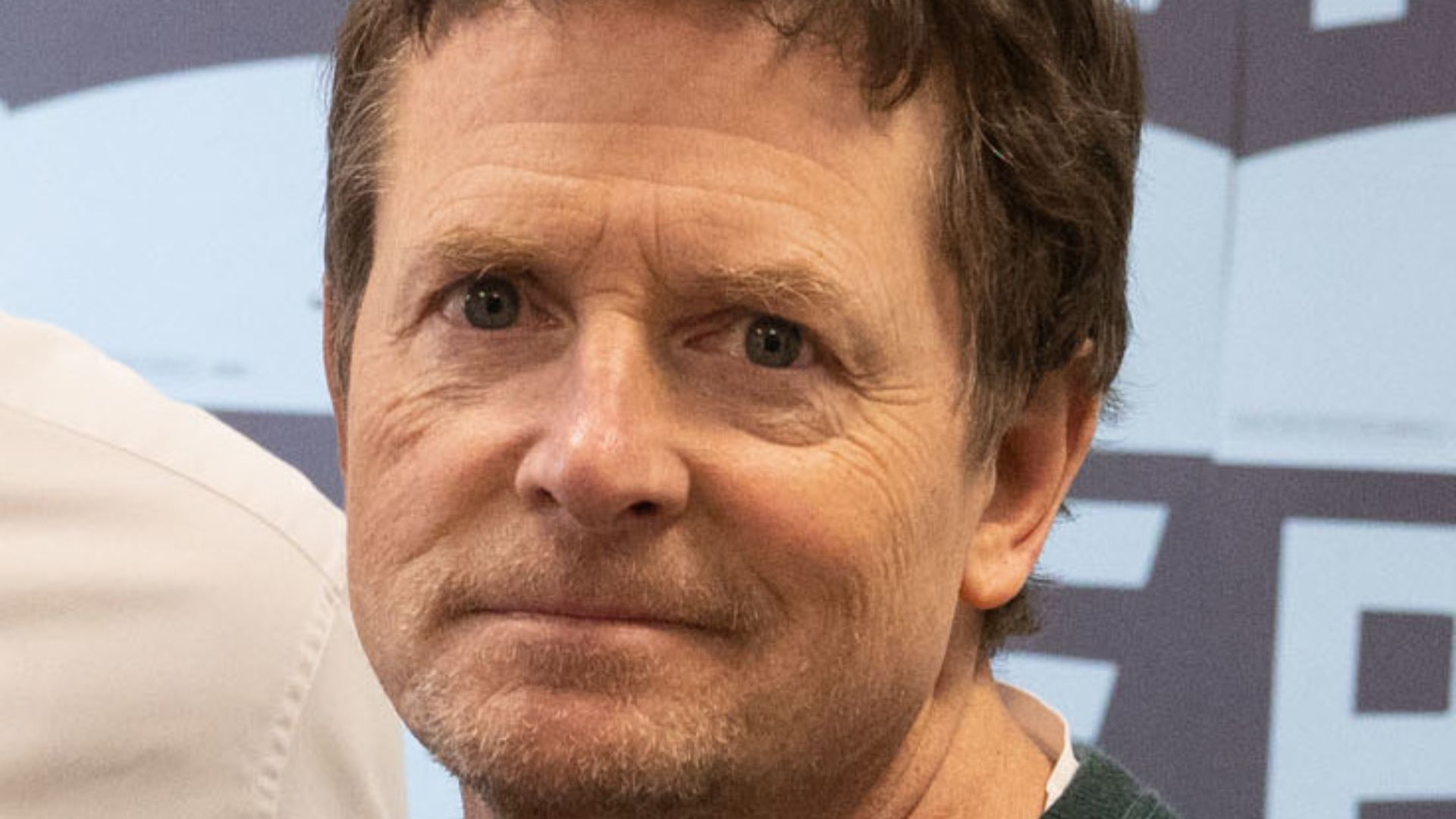 Chuck Kennedy (Pete for America), Wikimedia Commons
Chuck Kennedy (Pete for America), Wikimedia Commons
39. He Backed Her Campaign
In the mid-2000s, Michael became more politically involved when he officially endorsed Claire McCaskill's Senate campaign in Missouri by starring in one of her ads. This was because he truly believed in her efforts to fund and expand embryonic stem cell research, which her opponent, Jim Talent, was adamantly against.
This one campaign ad ended up having a major effect on the election.
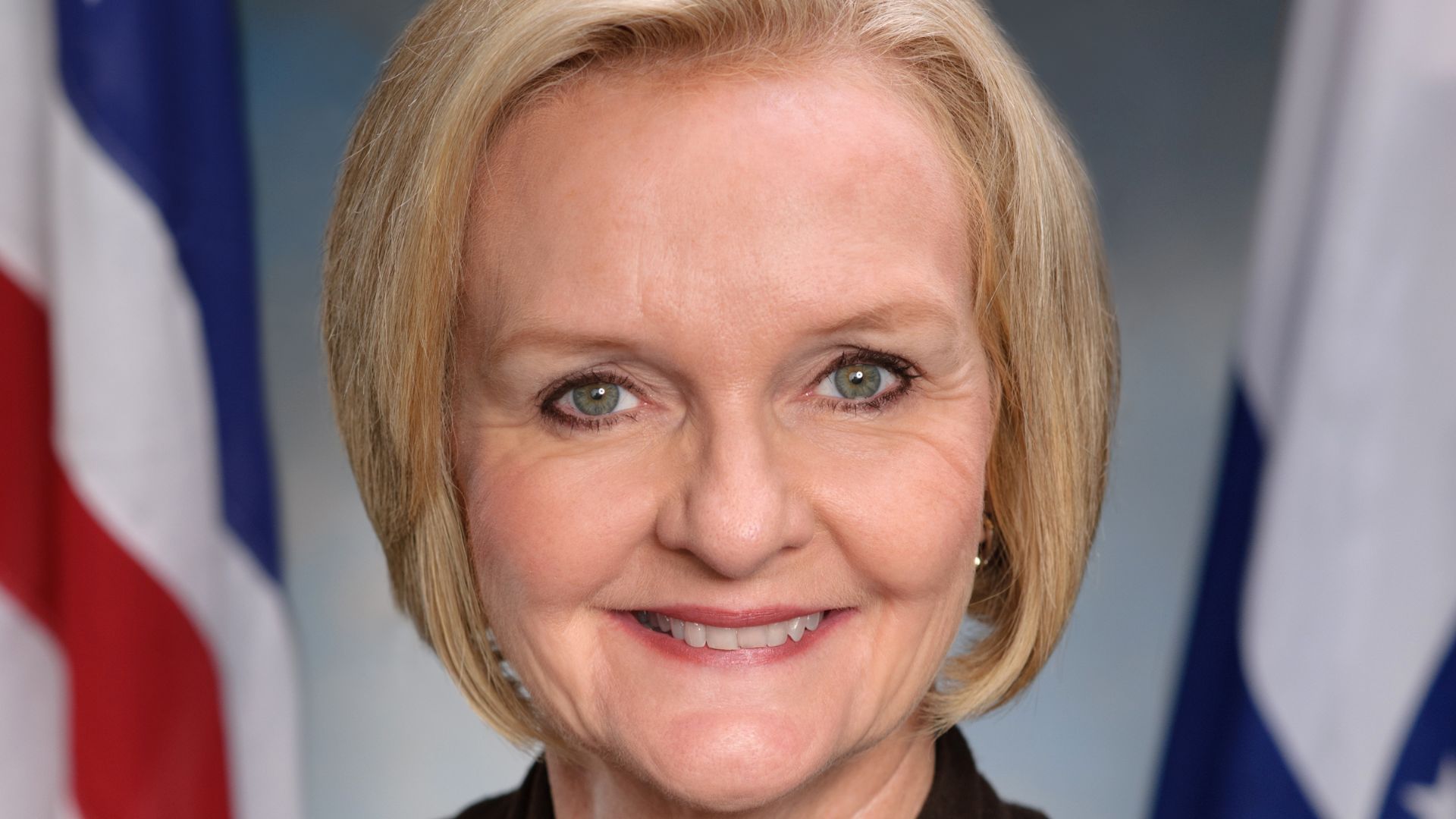 U.S. Senate Photographic Studio-John Klemmer, Wikimedia Commons
U.S. Senate Photographic Studio-John Klemmer, Wikimedia Commons
40. He Made A Difference
Being such a powerful voice, not only in pop culture but as a strong advocate for stem cell research, the reception of Michael’s endorsement was phenomenal. In the end, it did what it was meant to and brought a great many voters on board with Claire McCaskill’s campaign, helping her win that election.
As it turns out, he hadn’t said goodbye to on-screen work for good yet.
41. He Kept Acting
As Michael’s condition worsened with age, it held him back from taking any acting jobs that would require a significant commitment, even if he desperately wanted them. However, he was still open to taking guest roles from time to time. Showing up in series like Scrubs and The Good Wife, these appearances earned him multiple Emmy nominations.
Not to mention, he was more than willing to take the spotlight in other ways.
42. He Represented His Home
Remaining a beloved figure in film and television, Michael received a special honor in 2010 with an invitation to be a part of the closing ceremony for that year’s Winter Olympics. Going back to his roots, he took the stage with Catherine O'Hara and William Shatner for a segment titled “I am Canadian”.
By this point, he was able to view his life more positively and see the humor around him. Streeter Lecka, Getty Images
Streeter Lecka, Getty Images
43. He Laughed At Himself
Another guest role that earned him an Emmy nomination was in the hit comedy series Curb Your Enthusiasm. With this appearance, he was able to show the world how far he had come in his struggle, portraying his condition in a comedic light as the episode had Larry David’s character accusing him of using his Parkinson’s to manipulate others.
Still missing his starring roles, he tried one more full-time gig.
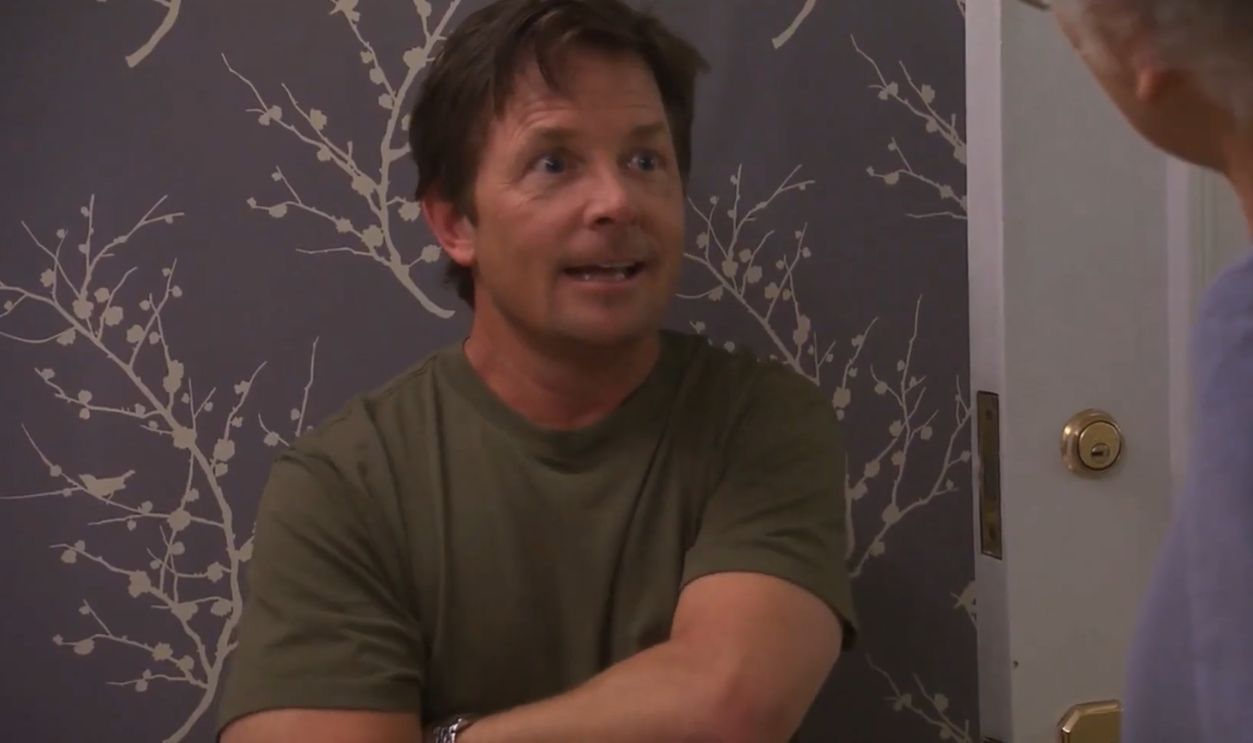 HBO, Curb Your Enthusiasm (2000–2024)
HBO, Curb Your Enthusiasm (2000–2024)
44. He Had His Own Show
Having gotten a bit more of a taste of the television career he once had, Michael decided he would try another crack at starring in his own series. Drawing from his own life experiences, he played a fictional version of himself in The Michael J Fox Show. However, it only ran for 15 episodes before the studio cancelled it.
Meanwhile, his condition didn’t keep other health scares from happening too.
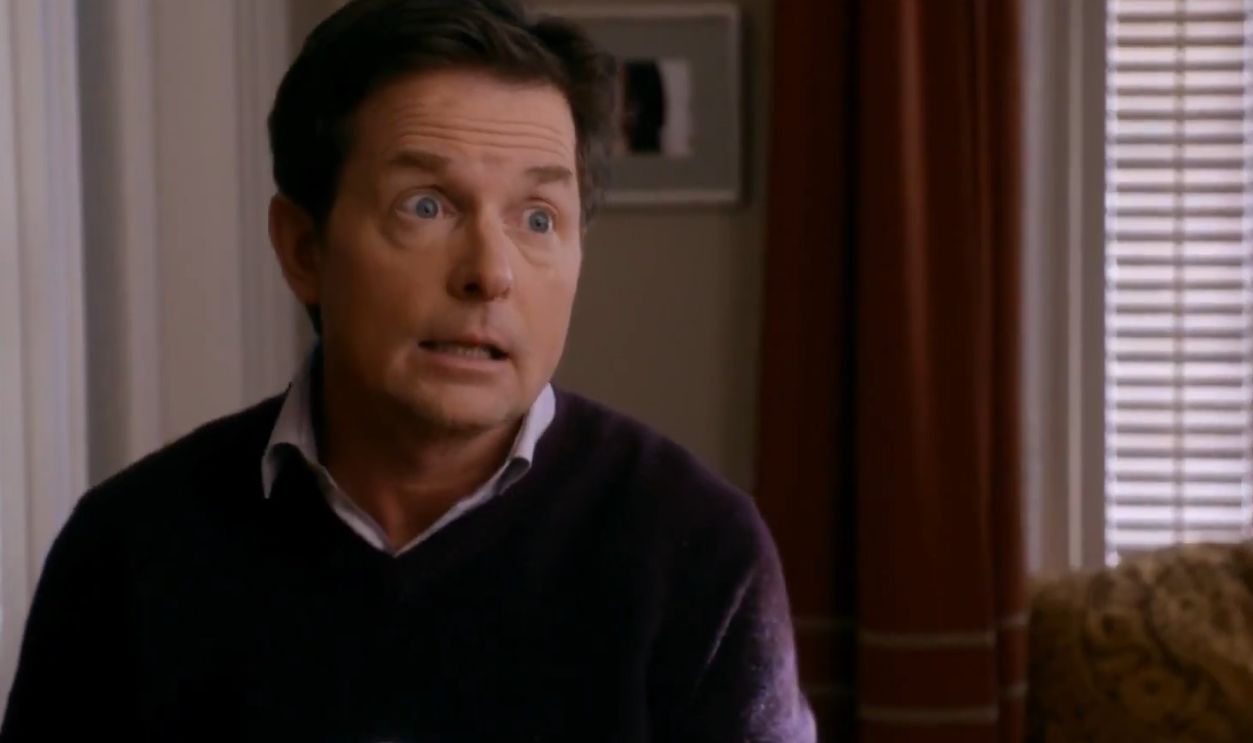 NBC, The Michael J. Fox Show (2013–2014)
NBC, The Michael J. Fox Show (2013–2014)
45. He Had Treatment
As Michael got older, his struggle against Parkinson’s became more challenging, and that was without any of the other medical issues that came up. For instance, in 2018, doctors discovered a benign tumor, and he underwent an intense spinal surgery to get rid of it. The procedure was successful, but it still took a toll on his condition.
Soon after, he finally had no choice but to leave his dream behind.
46. He Said Goodbye
Even after leaving Spin City and stepping away from acting as a full-time career, Michael was lucky enough to maintain his passion in some form for several more years. However, by 2020, his Parkinson’s had advanced so much that he could no longer depend on his ability to speak, forcing him to fully retire from acting.
Still, he couldn’t stay away from on-screen work as a whole.
47. He Told His Story
Although retired, Michael still had more to do as an advocate for others with Parkinson’s, so he returned to the world of filmmaking for another project. Directed by Davis Guggenheim, Michael appeared in the 2023 documentary Still: A Michael J Fox Movie, which told the story of his diagnosis and treatment through an optimistic and triumphant lens.
Fortunately, fans were soon pleasantly shocked to watch him perform a different talent.
48. They Invited Him
In 2024, Michael appeared before audiences once again, but this time in a wonderfully unexpected way. At the Glastonbury Festival, the band Coldplay was performing their set when they brought out Michael as a guest guitarist, who was met with thunderous applause. According to the group, without Back to the Future, Coldplay likely wouldn’t exist. Chris Martin connected strongly with the musical performance in the film—the cover of a Chuck Berry tune. It was this scene in particular that made Martin want to join a band.
It goes without saying that he certainly left his mark on history.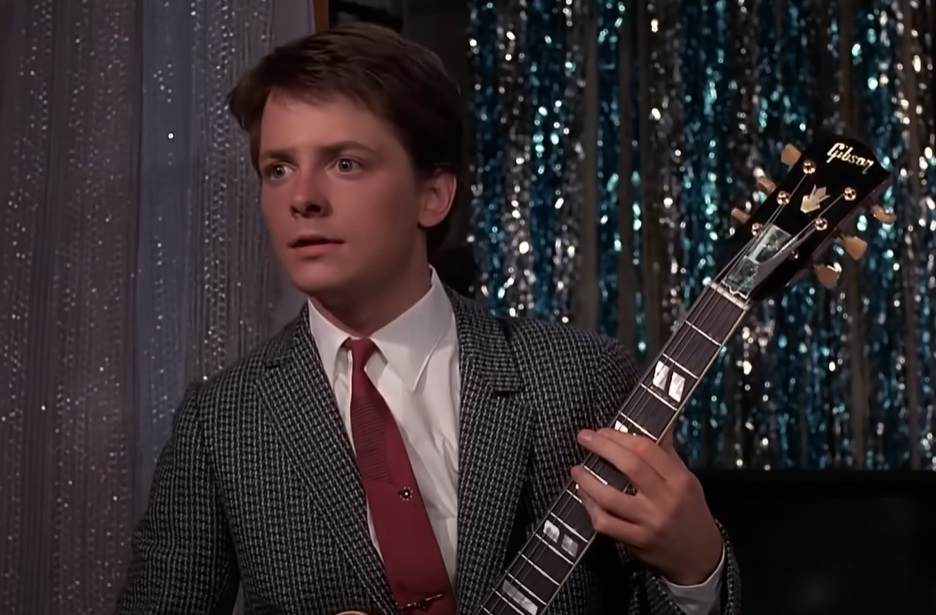 Universal, Back to the Future (1985)
Universal, Back to the Future (1985)
49. They Lifted Him Up
No one can deny that Michael has changed the world to be better than he found it, not only touching the lives of all his fans, but also those helped by his activism. For his good deeds, the Karolinska Institute gave him an honorary doctorate in medicine, and Time included him in their list of 100 people “whose power, talent or moral example is transforming the world”.
Even with his success, he did change his mind about one thing.
50. He Changed His Mind
Michael J Fox became one of the biggest stars at a very early age, and despite receiving such a severely life-changing diagnosis, he focused all his efforts on helping people. All of this is thanks to the moment he left everything behind and pursued his dream, but that’s not how he views it. He has gone on record saying that quitting school was a “stupid youthful mistake,” and has refused to allow his children to do the same.
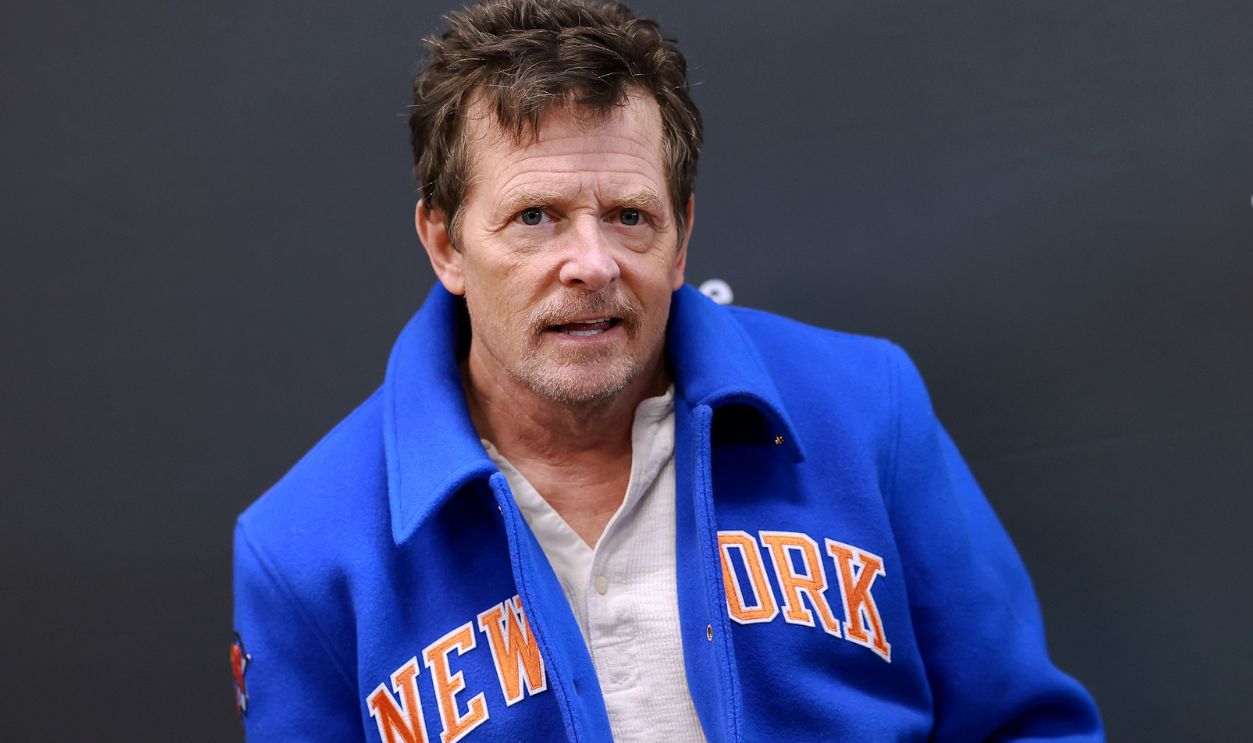 Matt Winkelmeyer, Getty Images
Matt Winkelmeyer, Getty Images
51. He Wants To Have A Quiet End
In an interview with The Times, Michael J Fox reflected on death—and how exactly he would like to go. He's quoted saying, "I'd like to just not wake up one day. That'd be really cool. I don't want it to be dramatic. I don't want to trip over furniture, smash my head". Still, Michael's not planning on going anywhere soon.
52. He Keeps Breaking His Bones
Though Michael isn't about to give up, it doesn't mean his most recent years haven't been brutally challenging. His disease has affected his mobility, resulting in countless injuries: “In a three-year period, I broke my elbow, I broke my hand, I got a big infection in my hand and I almost lost my finger".
Though his illness continues to make his life increasingly difficult, he remains resilient, insisting, "I get through it." He went on to say, "And as a parent, husband and friend, I have a lot left to do".
You May Also Like:
The Tragic Story Behind Natasha Richardson’s Sudden End
The Surprising Truth About “Weird Al” Yankovic

